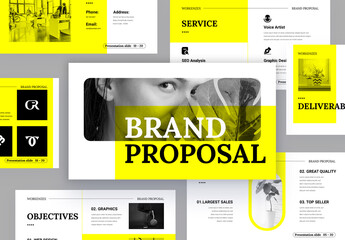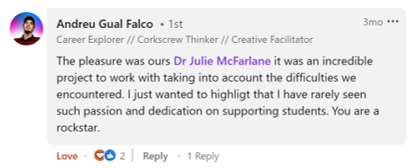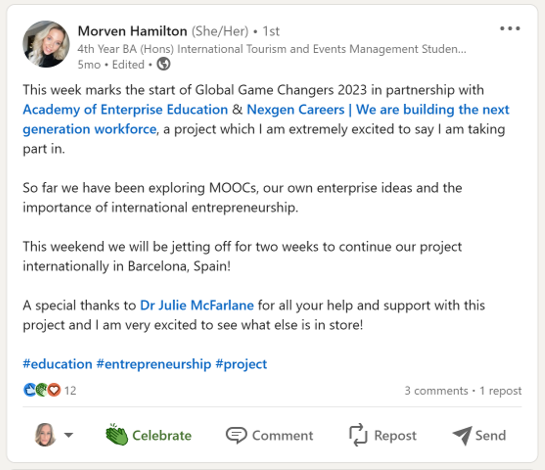- Executive Training Programmes
100% Custom.
100% Practical.
100% Impactful.
AEE delivers fully customised, high-impact professional development with rapid turnaround, flexible accreditation, and a seamless virtual learning experience.
- Who we have worked with
Trusted by the Higher Education Sector
All business transformation begins at the intersection of theory and practice. For over 20 years, our team has been developing some of the most respected programmes in higher education. We are now applying this expertise in industry.
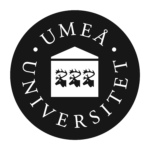

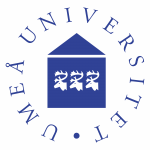
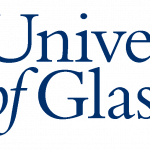
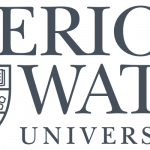
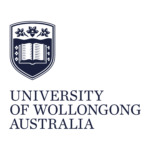
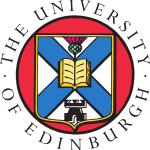
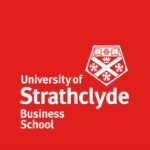
- Why AEE?
Our team employs a unique approach to professional development programs, offering practical and highly effective experiences. Our programs are developed in partnership with clients and tailored to meet their most pressing needs. We take pride in our three-week turnaround time for program development and can provide our own virtual campus along with a tailored learning management system, ensuring a seamless learning journey. Additionally, we are equipped to pursue professional accreditation for any training programs you choose, working with your preferred accrediting body. This approach gives our clients exceptional flexibility, resulting in both immediate and lasting impact. Check out some of our online courses!
Current Training Portfolio
Our Portolio
- Our Accreditations
Executive Coach Training
AEE has previously received accreditation from both City & Guilds and CPD for our training courses. Additionally, each member of our team holds individual industry accreditations. AEE features a team of accredited coaches endorsed by IAPC&M and ICF, each providing personalised one-on-one coaching for executives and founding teams, helping them gain clarity throughout their entrepreneurial journey. Additionally, our renowned Executive Coaching Academy (ECA) offers an accredited flagship program that prepares coaches to work directly with executives and emerging teams.
We have partnered with public entities and institutions of higher education, all of which have observed the positive impacts of our coaching training initiatives. Specifically, when training students in UK higher education institutions, we noted significant improvements in their engagement and enjoyment of the learning experience. We invite you to check out our latest publication in the International Journal of Coaching and Mentoring in Education (IJCME).
If you are interested in exploring potential collaborations with our accredited coaches (ICF and IAPC&M), please reach out to discuss your needs

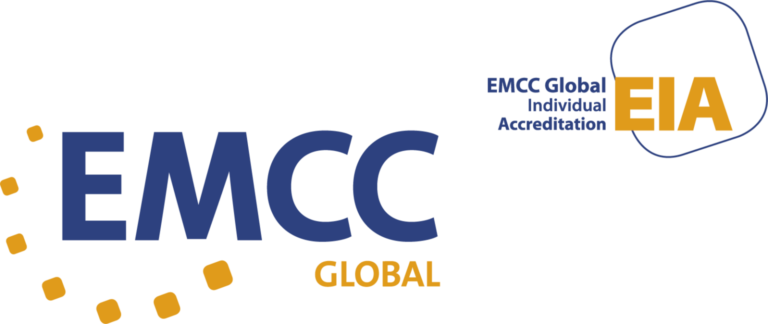

Item #1
Case Study 1: Coach Training SOSE (2023)
AEE's Coach Training Program for South of Scotland Enterprise

Case Study 2: Coach Training UKHEI (2021)
Empowering UKHEI Students through Coach Training - AEE's Impact
- Their Feedback
- Custom Training
Specialist Areas
The academic contributors at AEE are widely recognised for their extensive expertise in formulating, delivering, and overseeing higher education programs. As a collective team, they have educated hundreds of thousands of students across the globe, crafted numerous higher education programs within their respective domains, and accredited many of these programs from the UK to Malaysia. Many of our contributors are in high demand as instructors, both in the realm of higher education and industry, focusing on key areas such as creativity and innovation, design thinking, business expansion, strategy development, intellectual property, branding and marketing, sales, operations management, digital technology, cybersecurity, and small business finance. For inquiries, please reach out to us at info@aoee.co.uk.
At AEE, our team collectively boasts more than 40 years of experience in the field of education. Each one a fellow of the Higher Education Authority. We have had the privilege of instructing students from diverse corners of the world and have taken immense joy in witnessing their remarkable accomplishments in various industries.
Case Study: International Start-up School with NexGen Careers (2023)
Background: In June 2023, the Academy of Enterprise Education (AEE) partnered with NexGen Careers in Barcelona to host an International Start-up School, providing a transformative learning experience for a group of students from UK Higher Education Institutions (UKHEIs). This collaborative endeavour aimed to empower students to not only develop commercially viable ideas but also future-proof their professional profiles in a hybrid learning environment.
Week 1: Idea Development in Glasgow The journey began with an immersive week at the University of the West of Scotland (UWS) in Paisley campus, Glasgow. During this initial phase, students delved into the art of idea development. Under the guidance of experienced mentors and industry experts, they honed their concepts, refining them into commercially viable prospects.
Weeks 2 and 3: Hybrid Learning in Barcelona Transitioning into the second and third weeks, students embarked on a journey to Barcelona, where NexGen Careers took over and AEE collaborated remotely to provide an enriching educational experience. Students continued to nurture their ideas, focusing on generating brand identities and crafting a robust social media presence. Moreover, they had the opportunity to explore innovation labs, gaining insights into emerging trends and future opportunities within their chosen industries.
Week 4: The Grand Finale in Glasgow Returning to Glasgow for the final week, students were well-prepared to showcase their entrepreneurial journey. They pitched their refined ideas, demonstrating their growth and development throughout the program. The culmination of this Y experience was marked by innovative ideas and professional profiles primed for success in the ever-evolving landscape of entrepreneurship.
Outcomes and Impact: The iSUS proved to be a remarkable learning journey. Students not only gained practical knowledge in the start-up process, but also experienced first hand the innovation landscape in Barcelona.
Through this immersive experience, AEE and NexGen Careers demonstrated their commitment to bridging the gap between academic theory and real-world application. The program fostered the growth of commercially viable ideas and empowered students to adapt to and shape the future of their chosen industries. A testament to the power of experiential learning and collaborative partnerships in shaping the entrepreneurial leaders of tomorrow.
Julie went over and above during our international mobility. Her good humour, cast iron work ethic and wealth of experience in education and entrepreneurship was evident from the start. She provided a robust and engaging programme of educational entrepreneurship activities and provided extra support and activities (language lessons, cultural excursions, educational visits) while we were in Barcelona. She also checked in regularly and ensured we had everything we needed while we were abroad. She worked tirelessly with her partner organisation Nexgen Careers (who also provided excellent educational content and gorgeous premises for us to work in) to provided a valuable programme. I would wholeheartedly recommend AEE's services to anyone who is interested in entrepreneurship.

- Testimonials
They said it, not us!
Over the years, we have had the privilege of not only teaching these students but also providing guidance, mentoring, and unwavering support. Our experiences have included awarding Erasmus scholarships, participating in graduation ceremonies, and even celebrating the weddings and births of Erasmus program alumni. These represent just a few of the most cherished moments we’ve encountered as educators, accompanied by heartfelt comments from our former students.
It's really great for start-ups and early stage entrepreneurs even if you’ve done this before. Has new points of view, great networking, and opportunity to focus on the overall outlook of your business and pull out of being bogged down by day to day details. A Great change of pace.

I really enjoyed the learning sessions, I think you made it a really safe environment for us all to just chat. We've all been online, we've not actually met anyone in person, and this was the most interactive and fun class any of us have done in a really long time, so thank you!

I enjoyed the process, I thought it was a good course. I heard a couple of the other members say that it has helped them reshape the way they think about conversations and how they act as part of them. I thought it was really beneficial and I did enjoy the process.

I enjoyed it more than I thought I would to be honest with you, without stroking too many egos. I came into thinking I wasn't going to get anything from the course and check a box and I've maybe got more from it than I wanted to, and maybe I'm annoyed at that I don't know. As I say, gritting my teeth. Very interesting, very interesting, the sessions were good!

It allowed me to gain more insight into where I will be in the future and what I need to work on. I've enjoyed the communications we've had as a team and as a group. I'm excited to see what I can develop now, knowing my lesser strengths. I believe it will be a significant advantage when seeking employment in the future.

I would like to thank my dissertation supervisor, Julie, for her time, guidance, support, and helpful advice throughout this research. You allowed me to understand each, and every step of the process and it would not have been possible without you. I am also thankful for your flexibility around my heavy travel schedule due to golf competitions.

Throughout the writing of this dissertation, the support received from the supervisor for the topic, Dr J McFarlane, has been hugely significant in providing guidance when attempting to write the components of the research study. In particular, the assistance provided when discussing how to proficiently write the review of literature was invaluable, as without this, managing to complete this aspect of the study in a competent manner would have been challenging. Support in all aspects of the topic, such as helping structure the dissertation effectively and responding to queries in quick manner, couldn’t be more appreciated, as this helped alleviate concerns

Julie, I was messaging you regarding this year’s support and guidance you have provided throughout the pandemic, to which I’m really grateful. Never could have imagined that I could land a 1st class in dissertation but here I am with a good grade, good overall degree and just yesterday got an offer from a sports marketing agency in London. It wouldn’t be possible without the support of individual’s like you around. Thank you.

- Student Satisfaction
A picture speaks a thousand words..
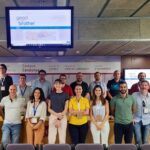
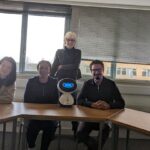

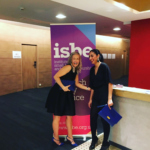
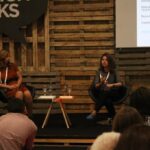



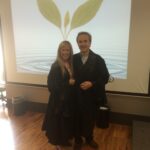
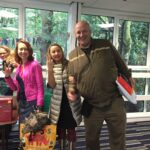
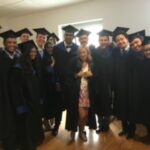
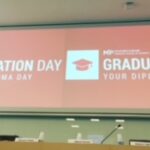
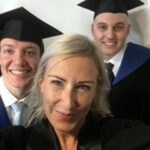
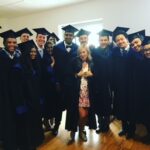
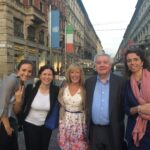
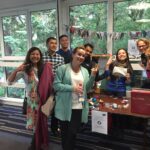

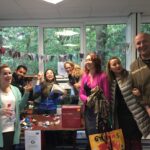


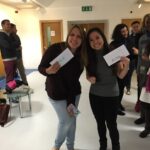
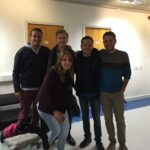
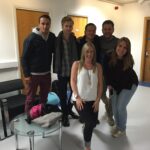
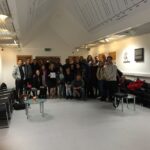
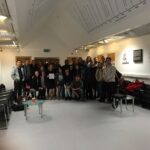
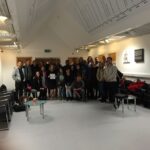

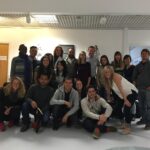
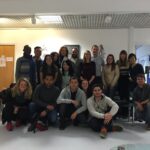



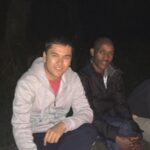

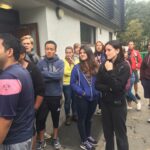
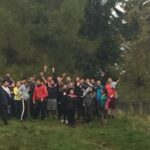
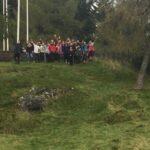
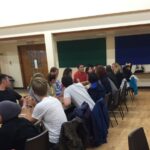
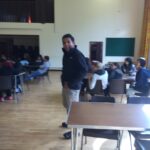
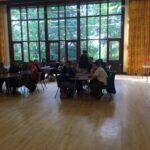
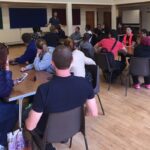

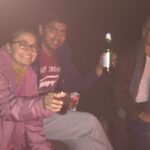
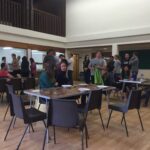
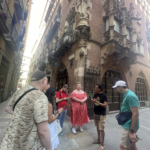
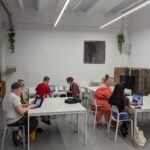

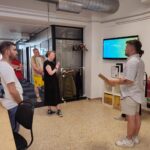
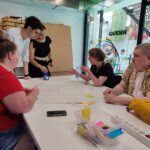
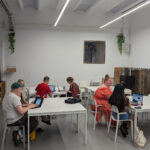







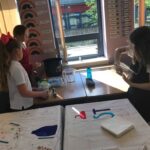
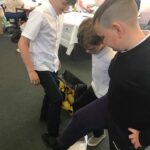

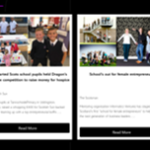







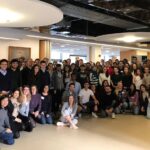

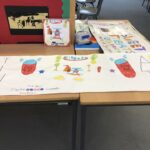

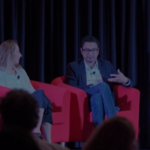
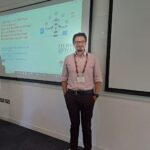


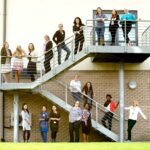


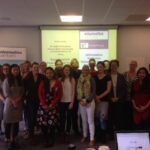
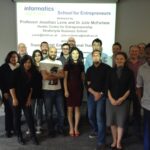



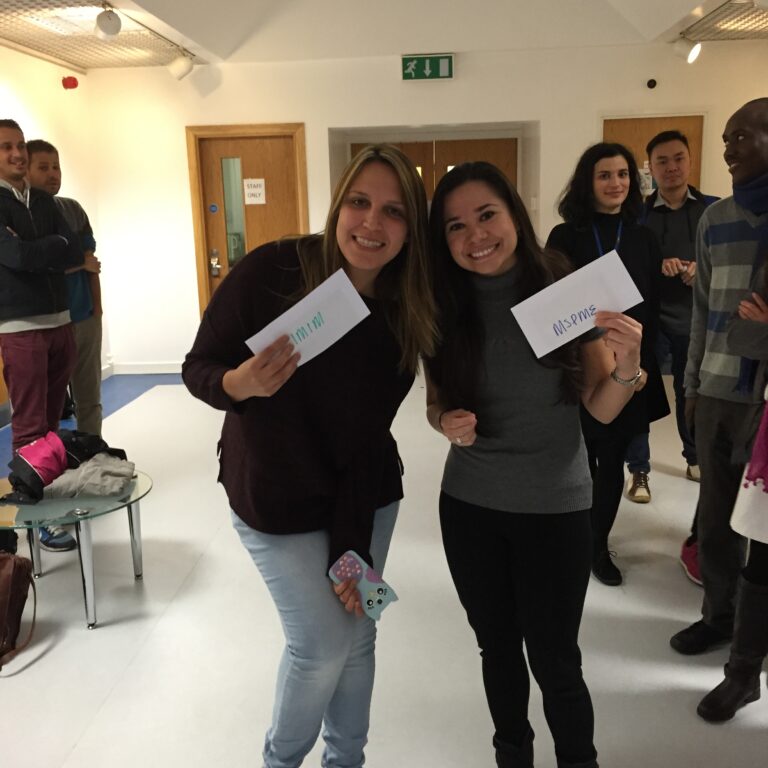
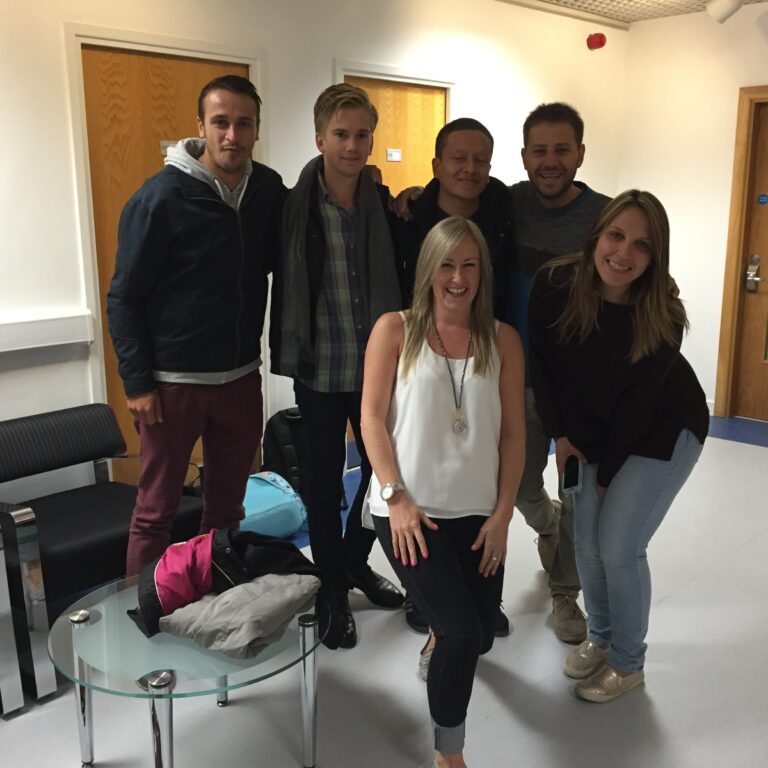
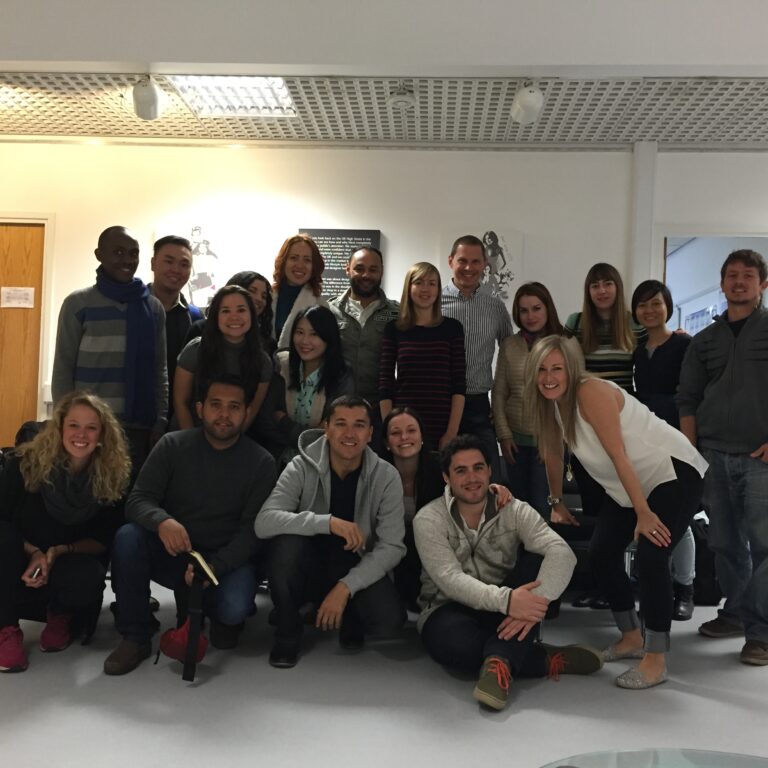
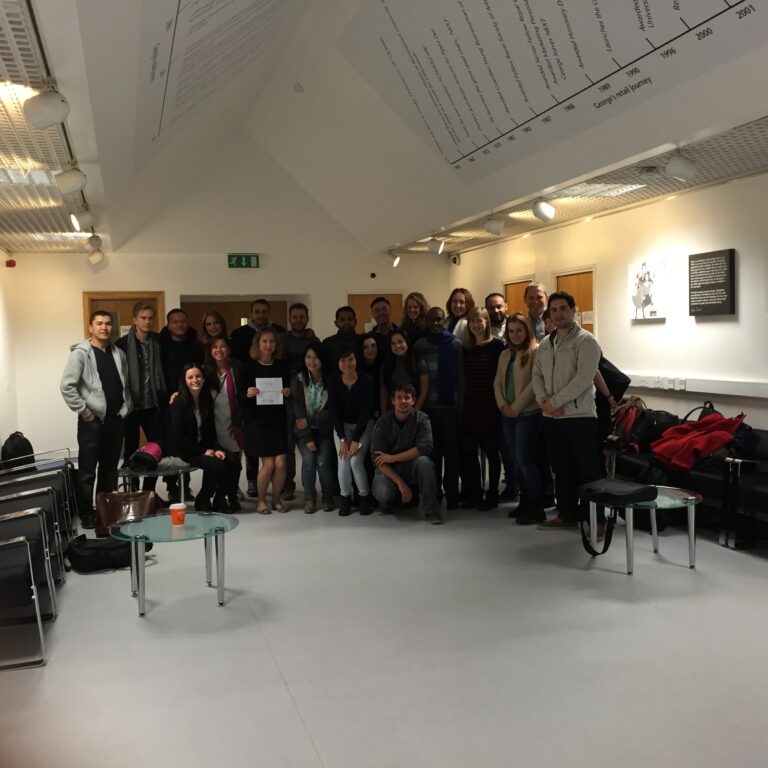
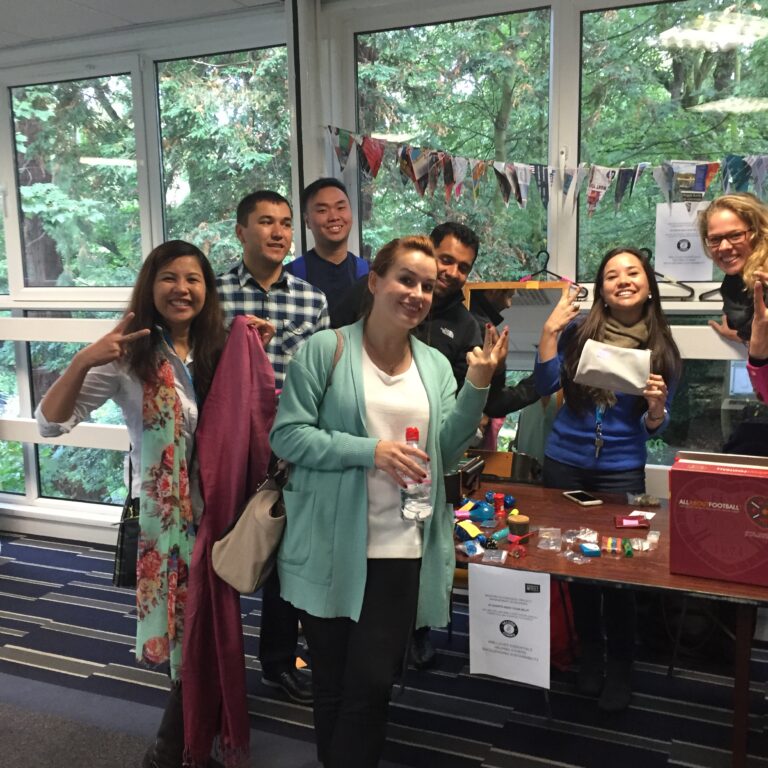
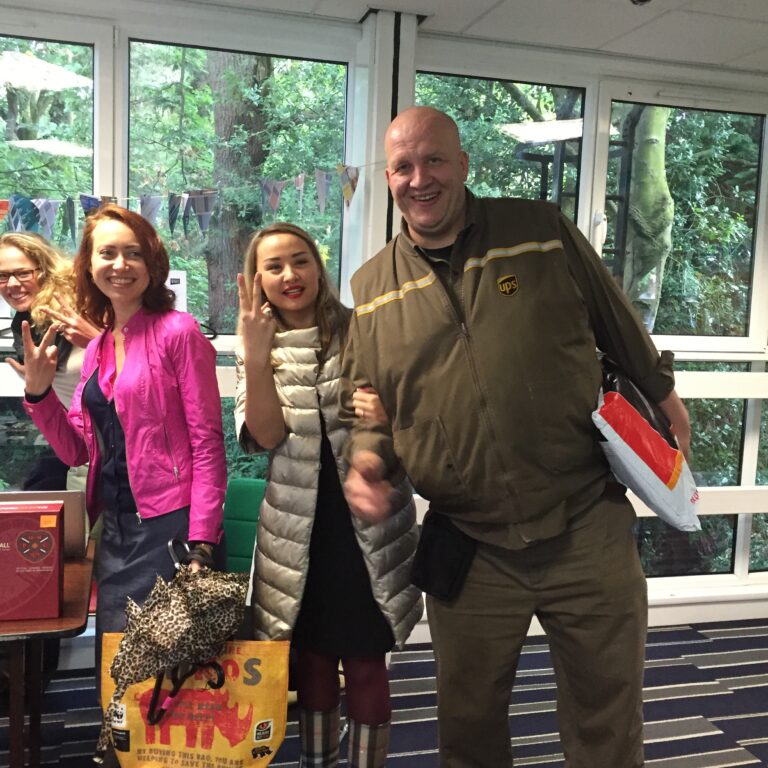

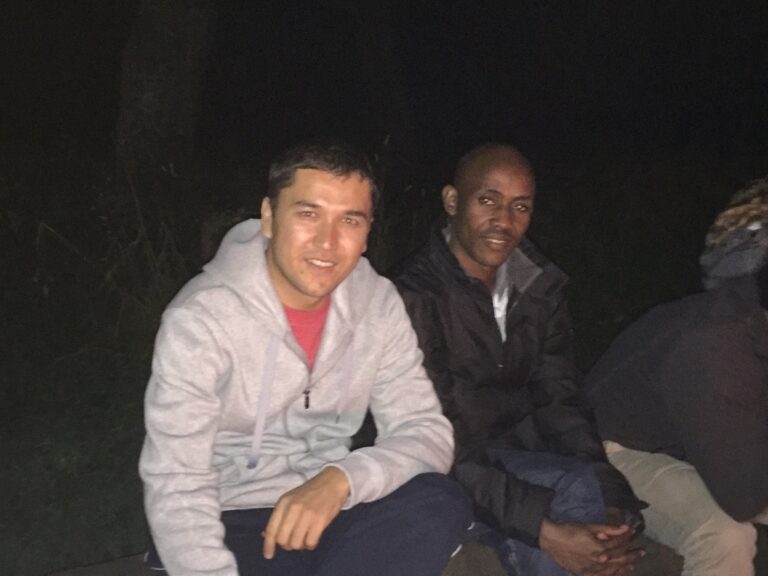


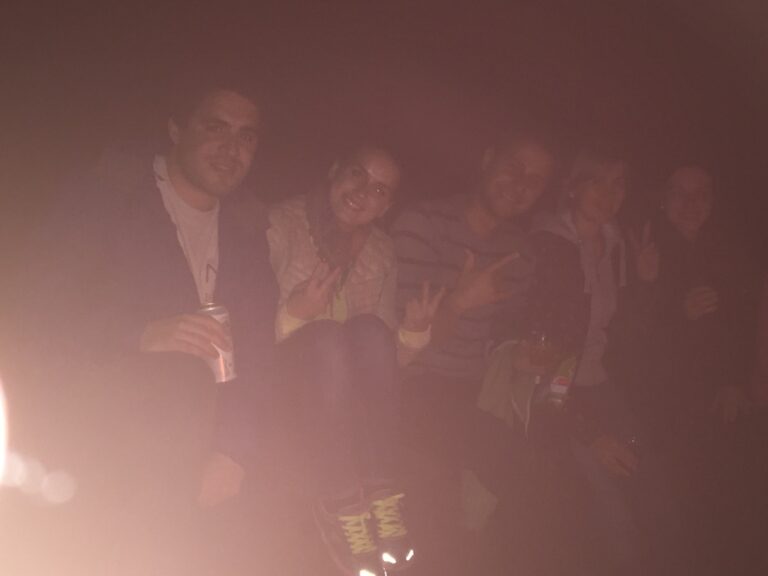

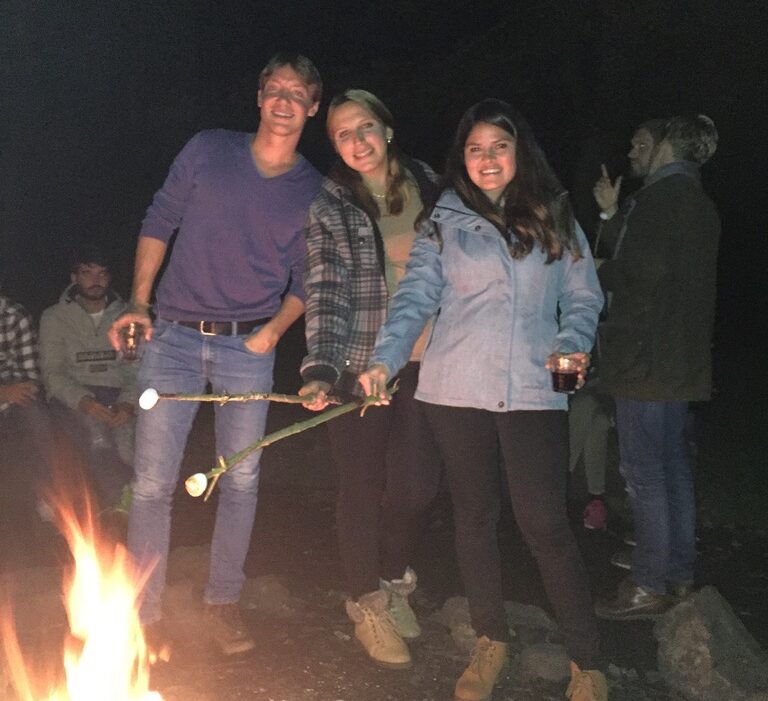

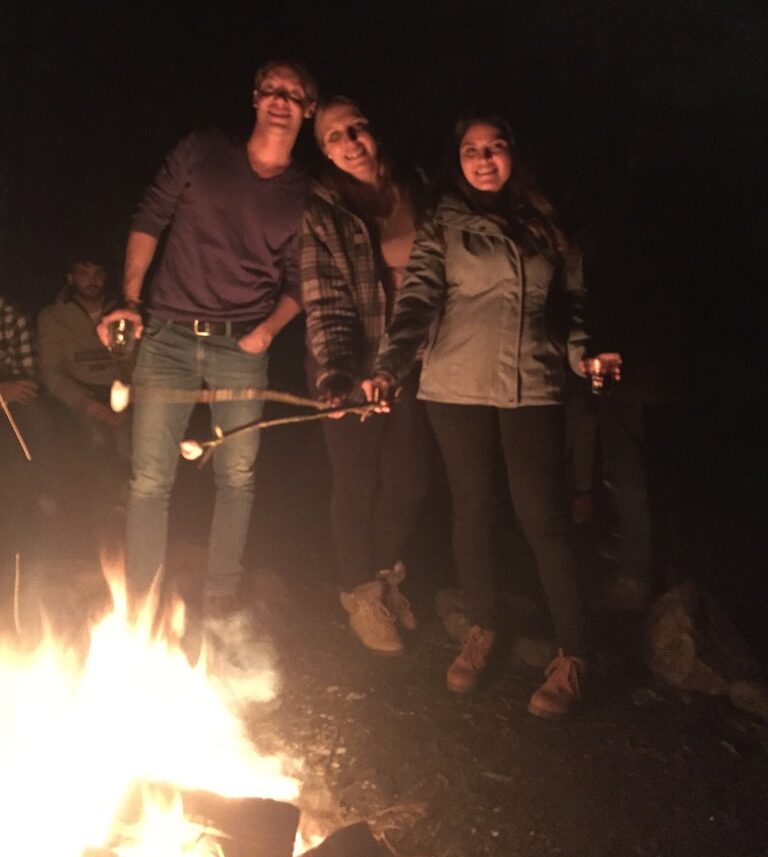



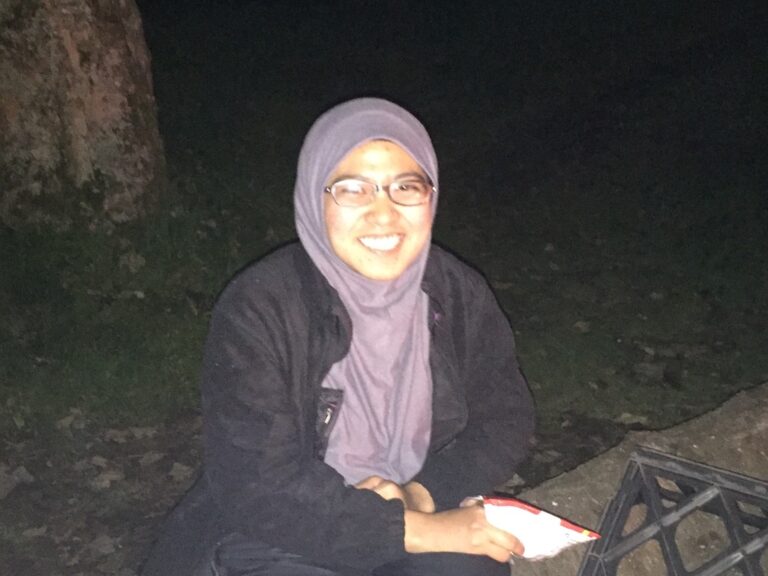

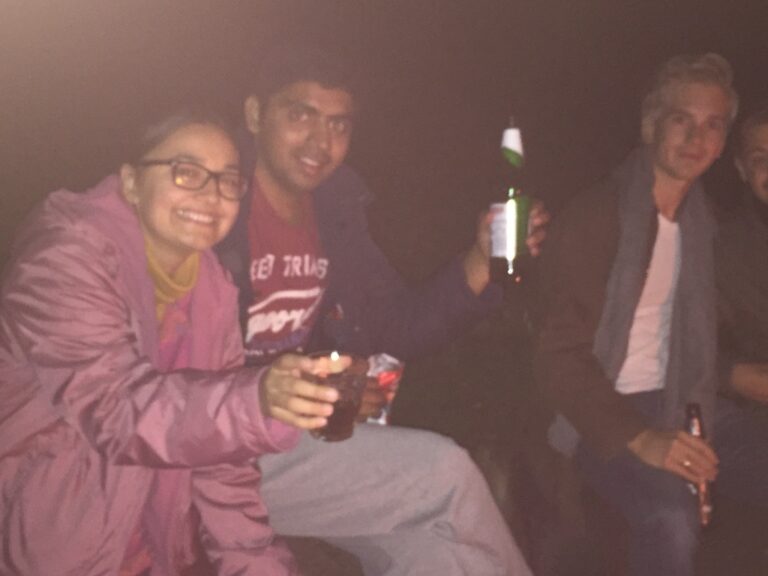

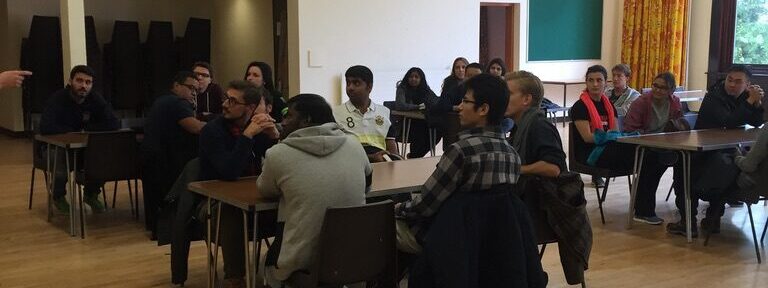

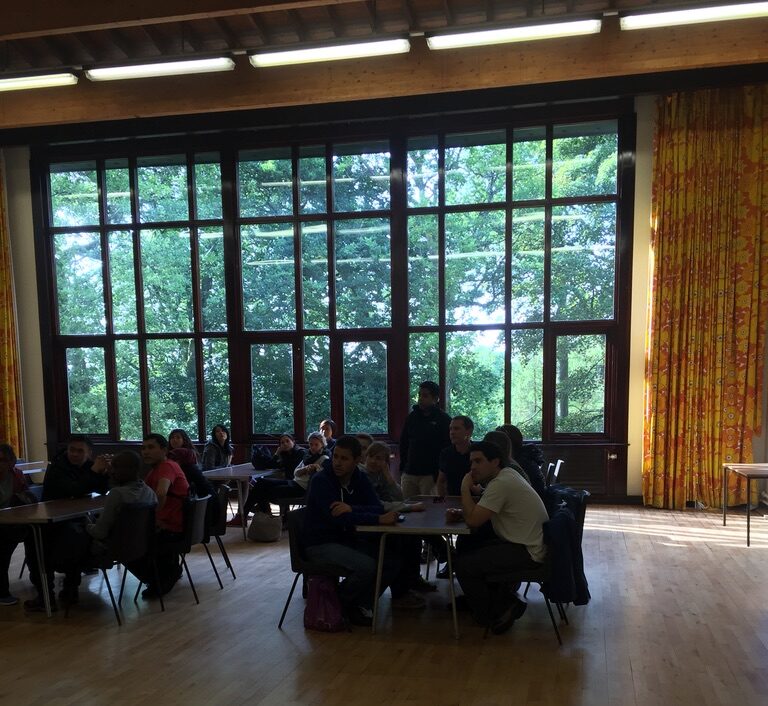
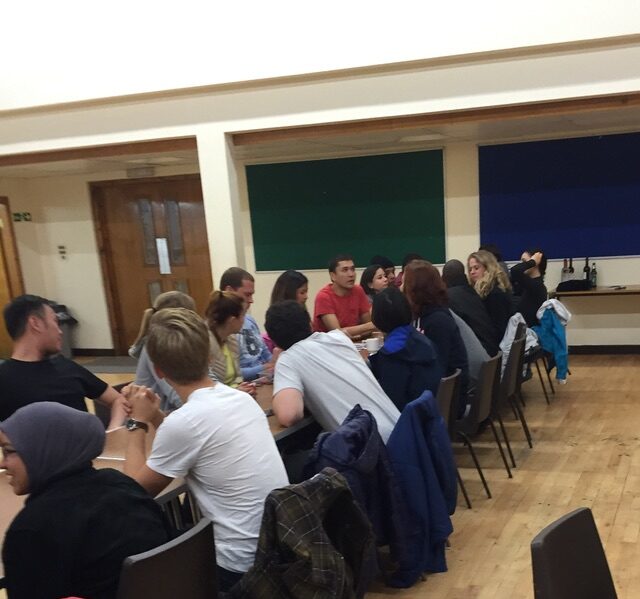
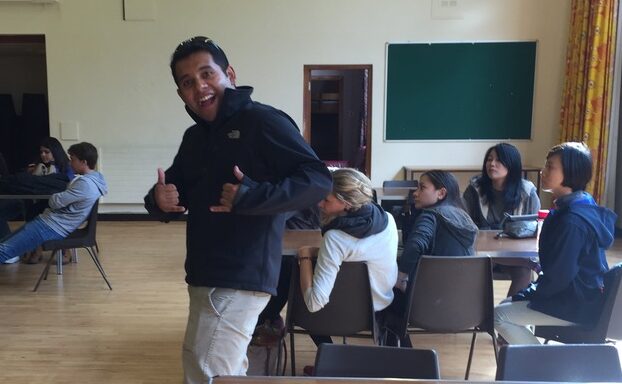
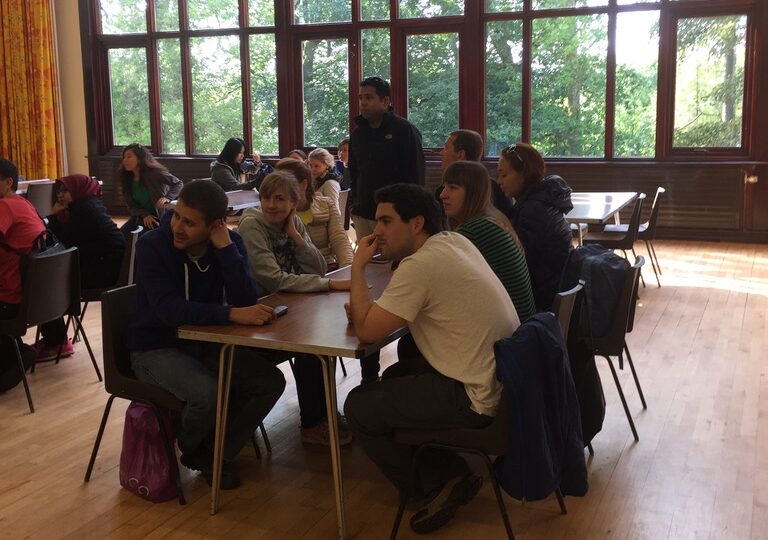
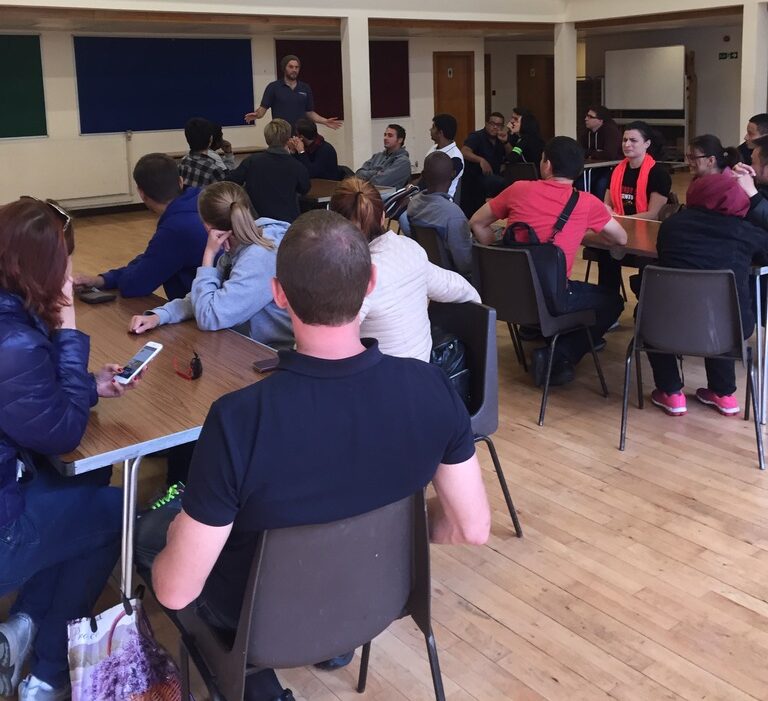
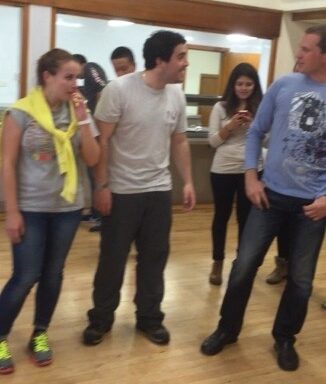
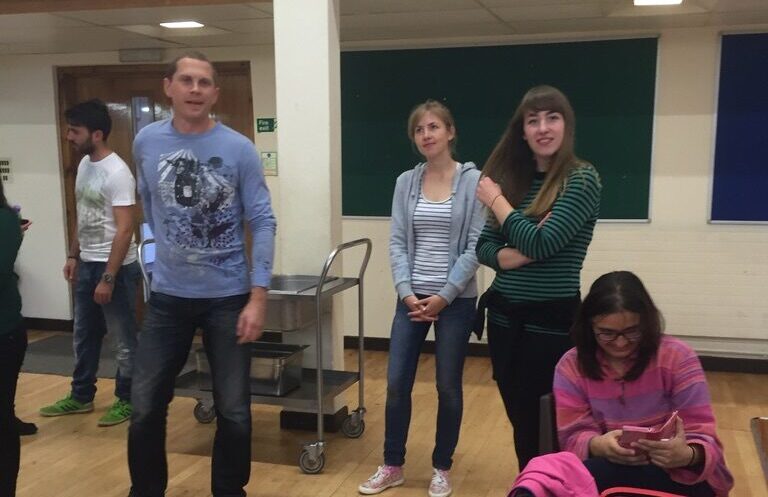
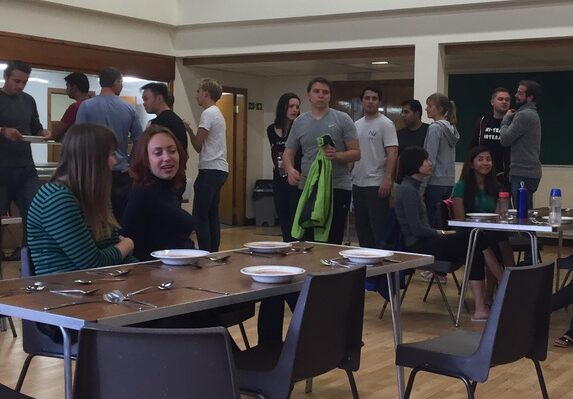
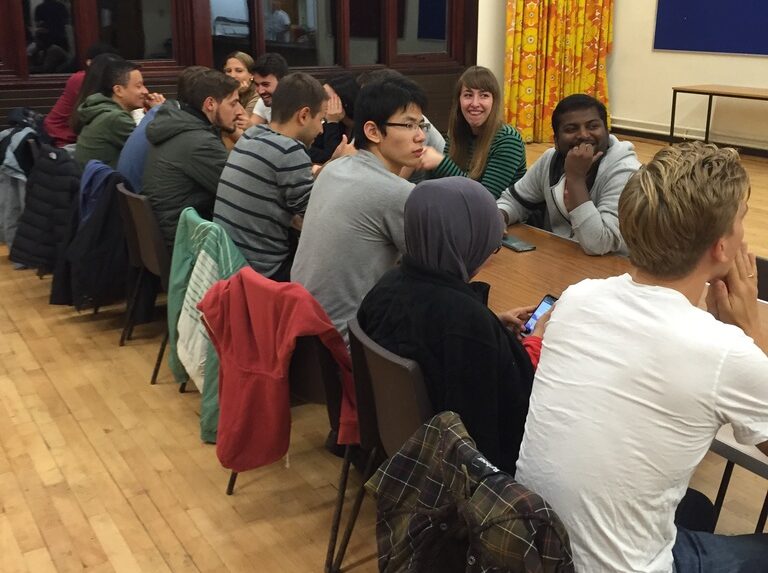
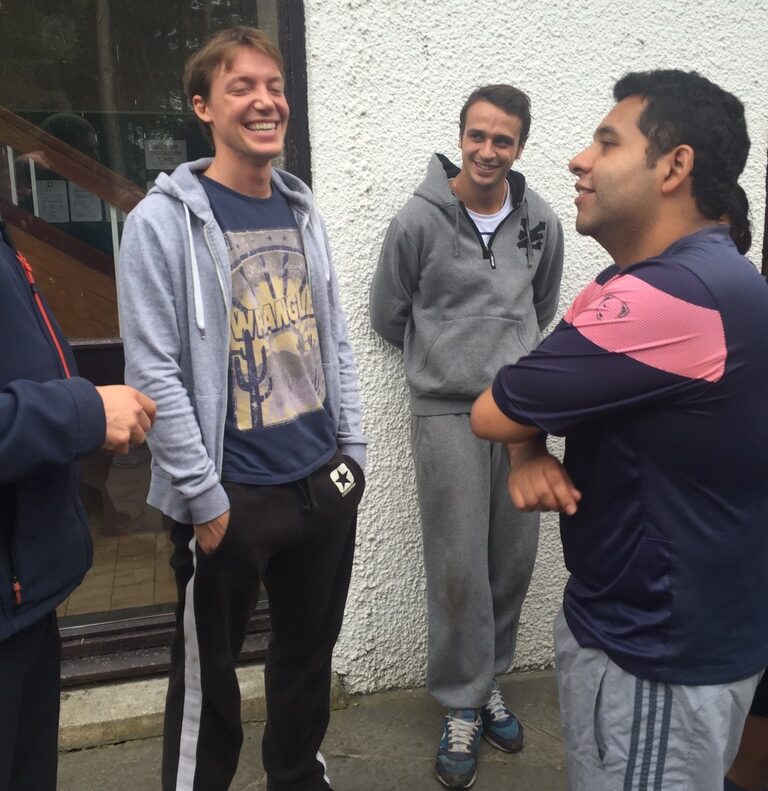
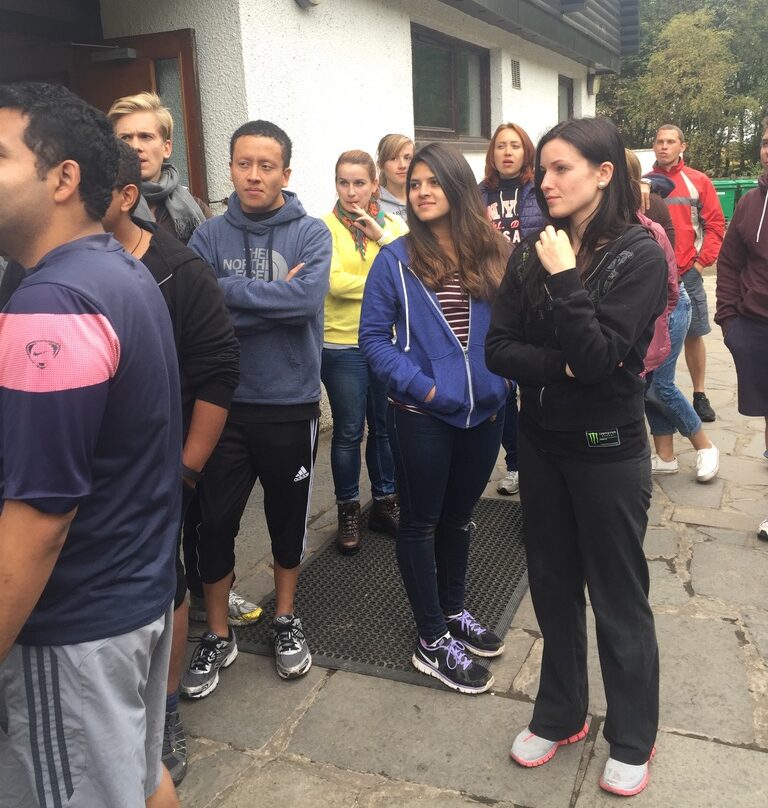
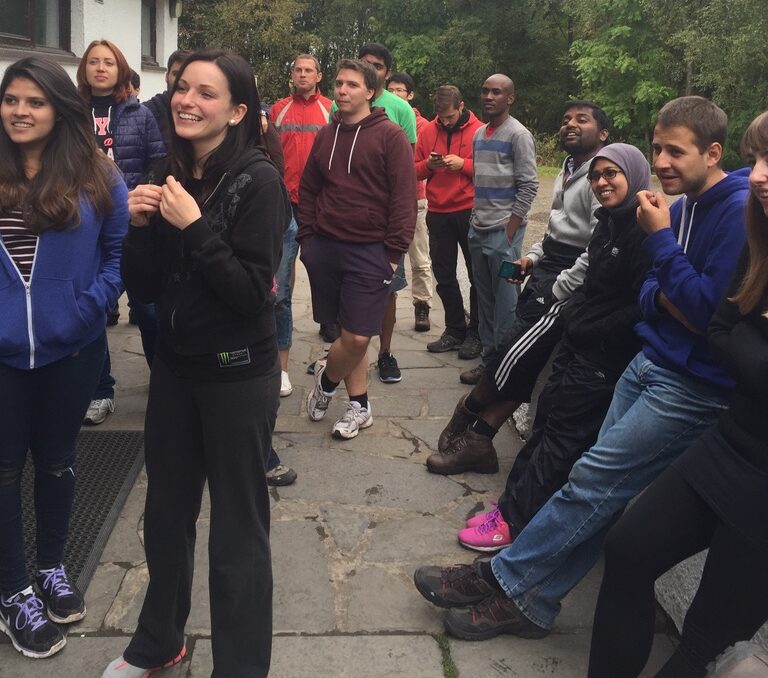

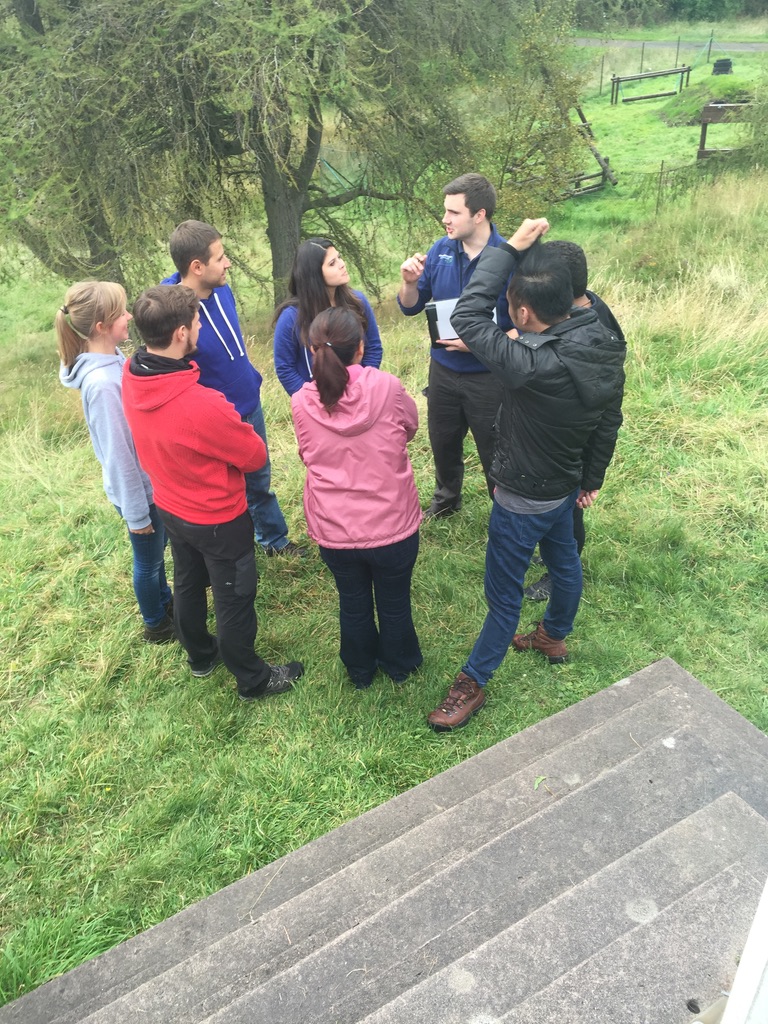
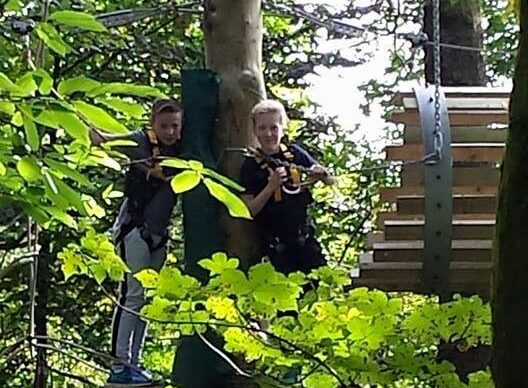
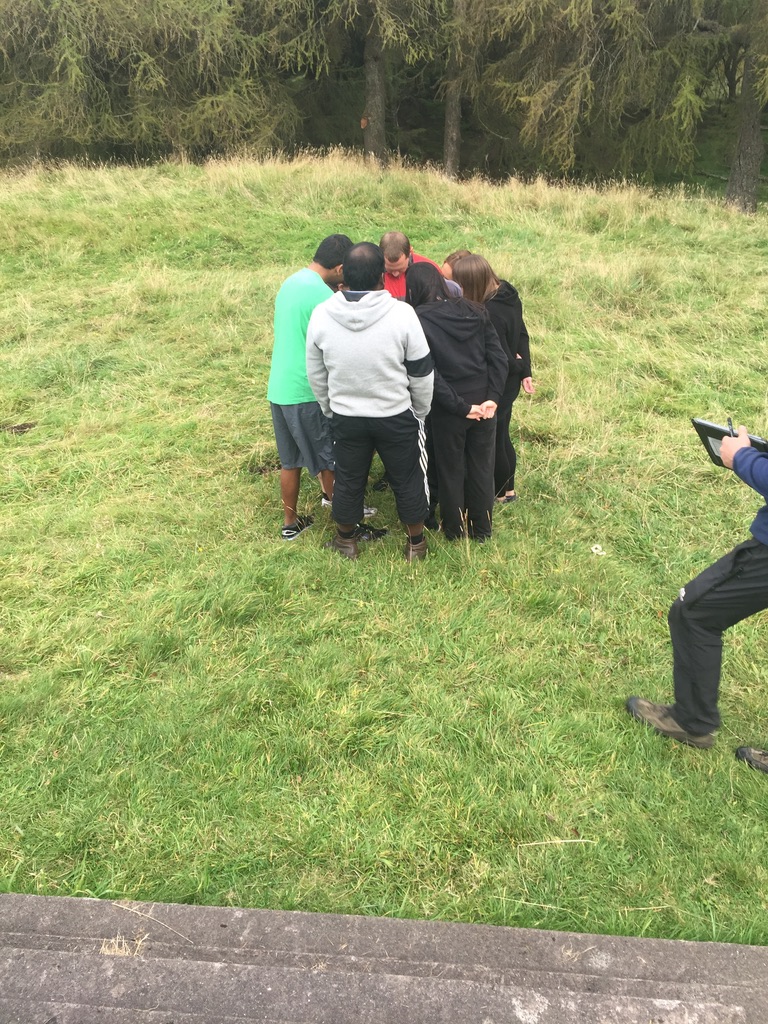

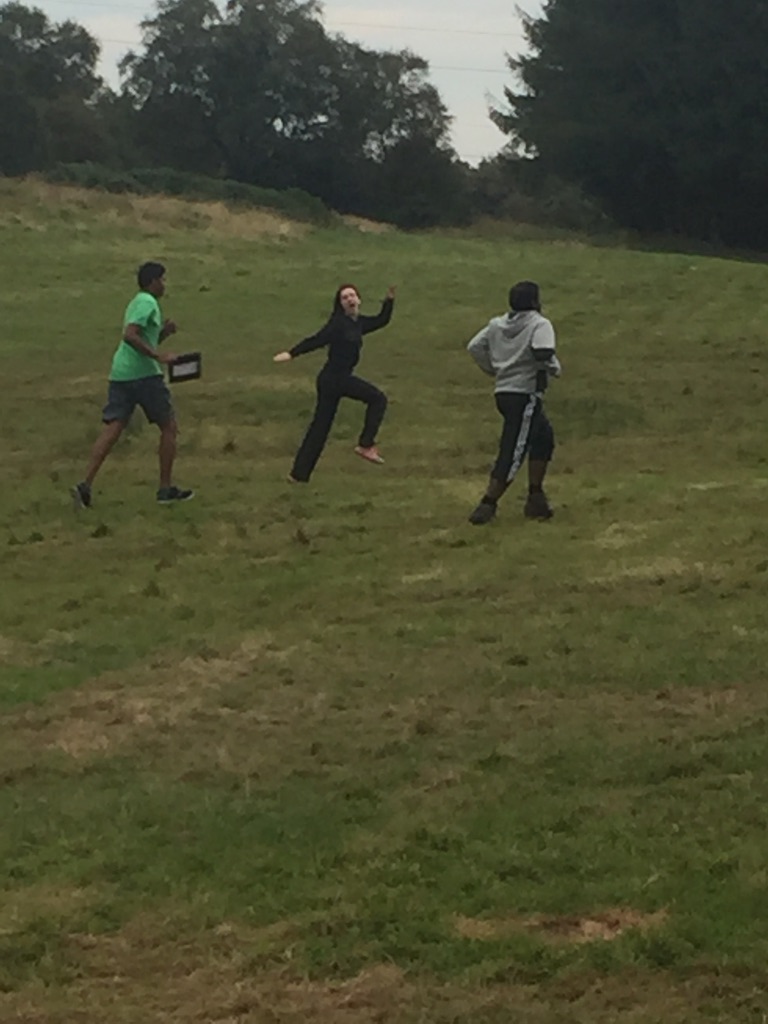
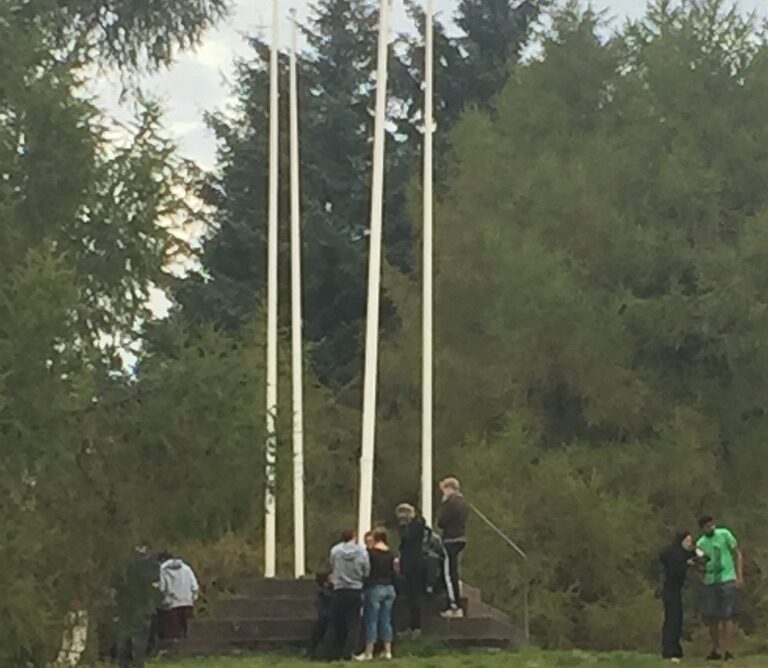


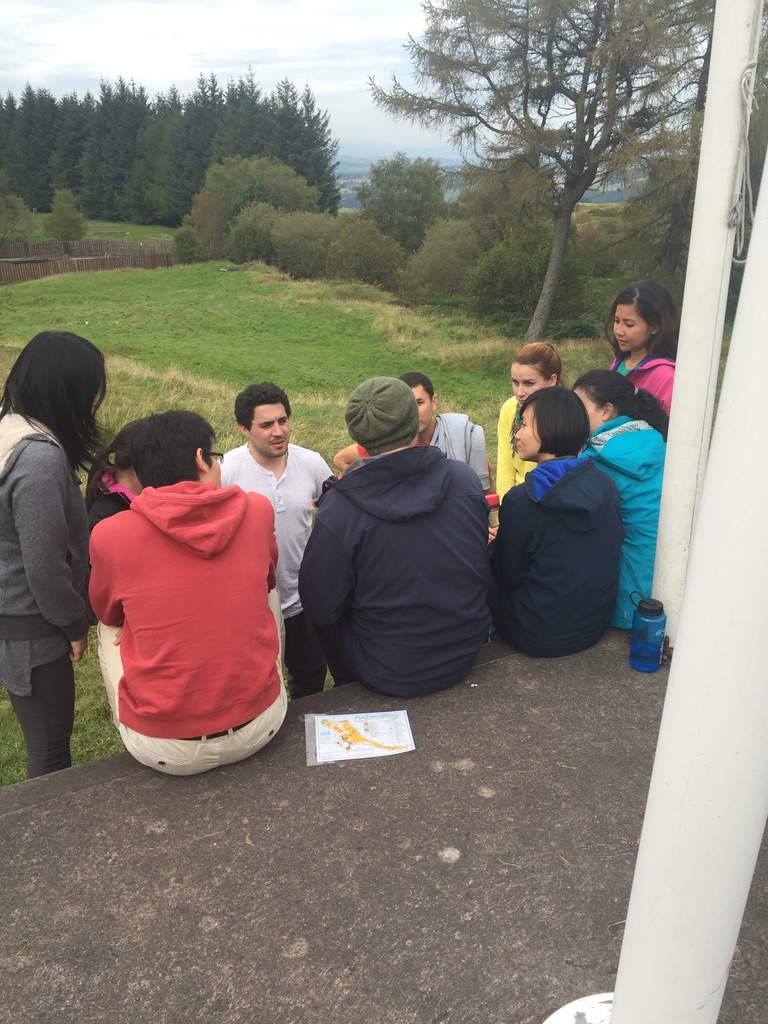


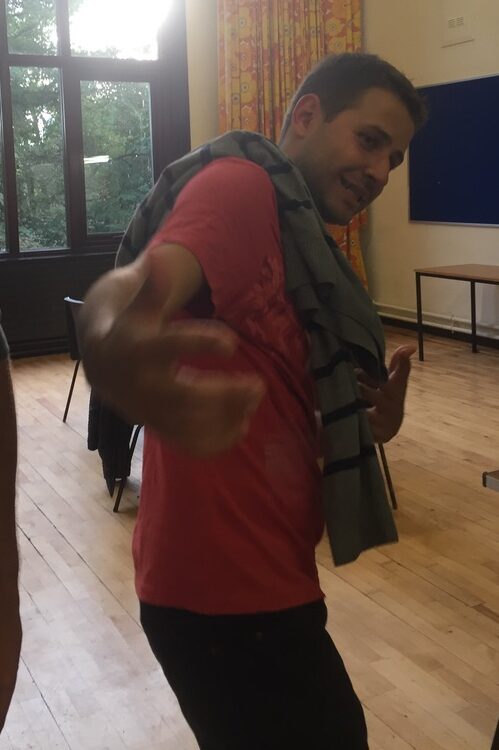
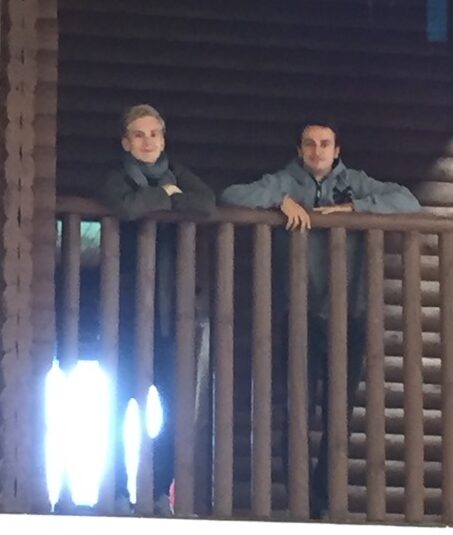




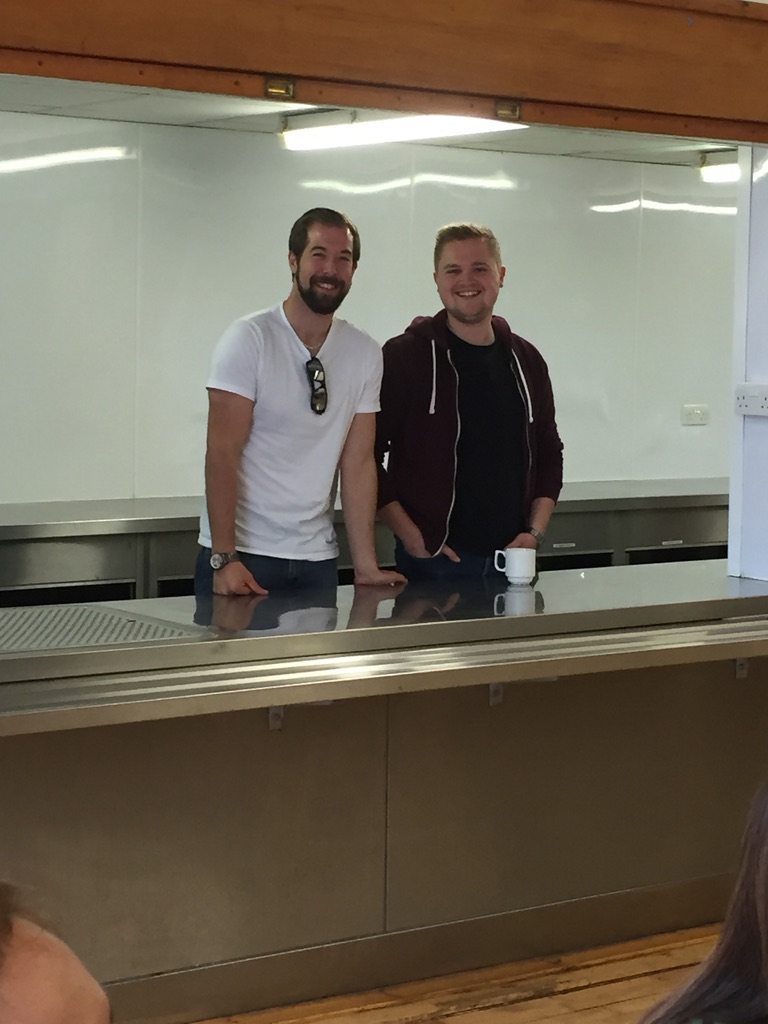
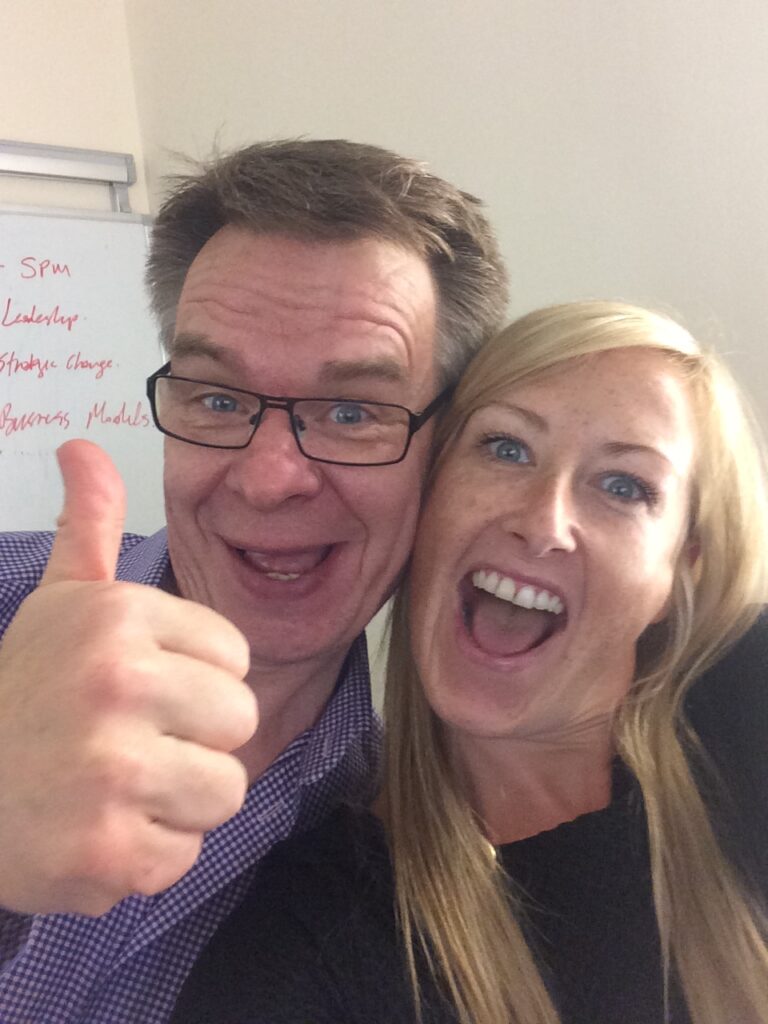


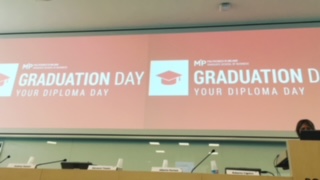
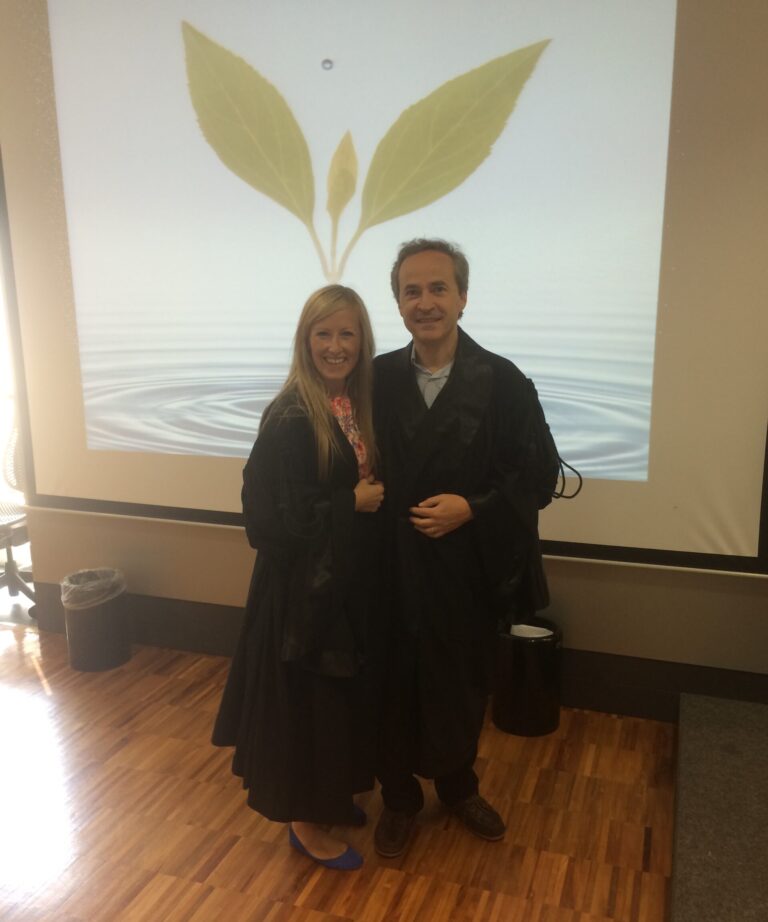
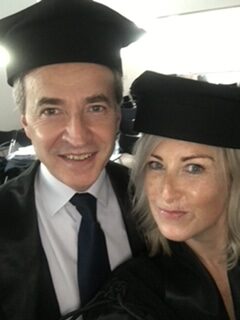






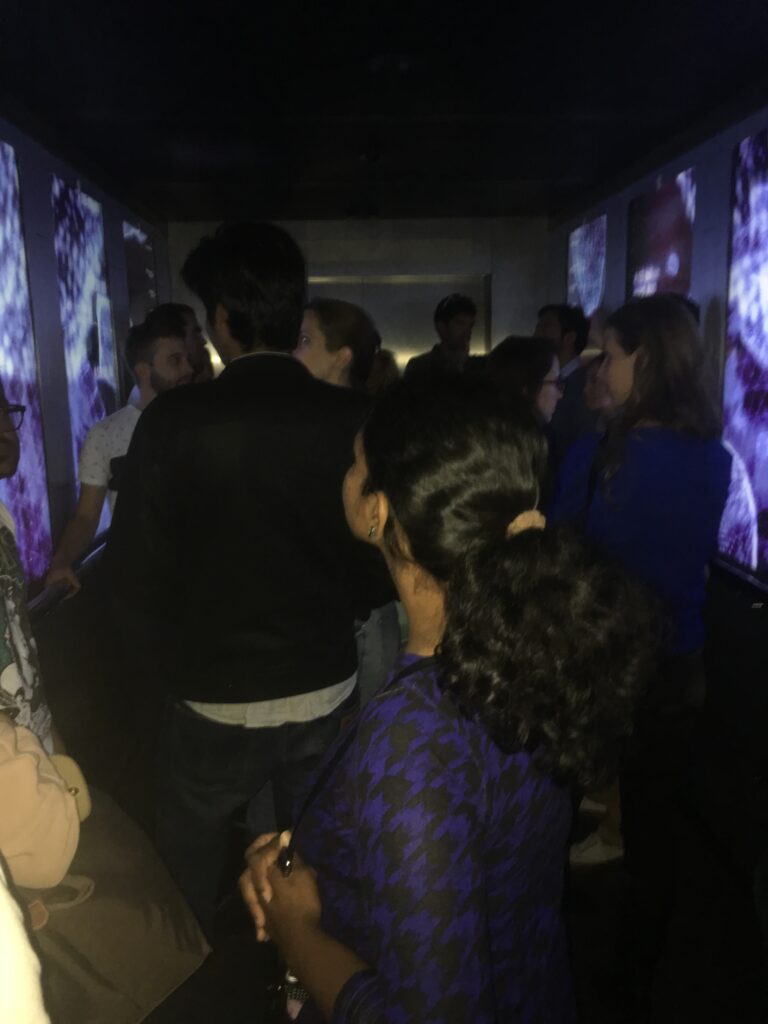


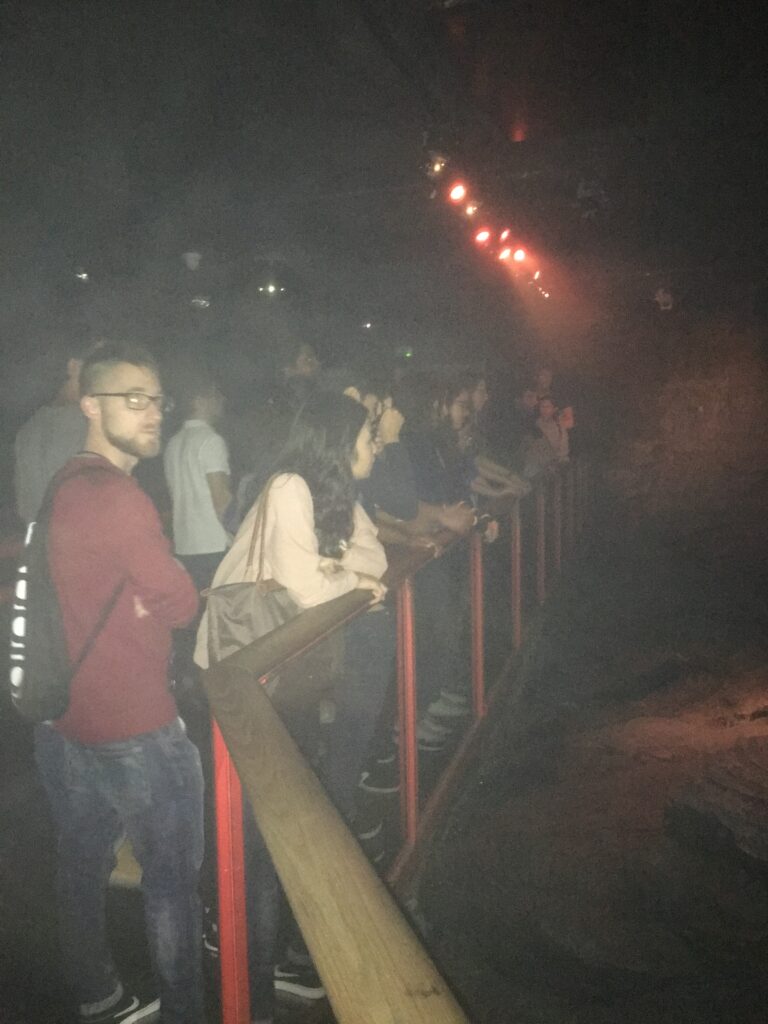
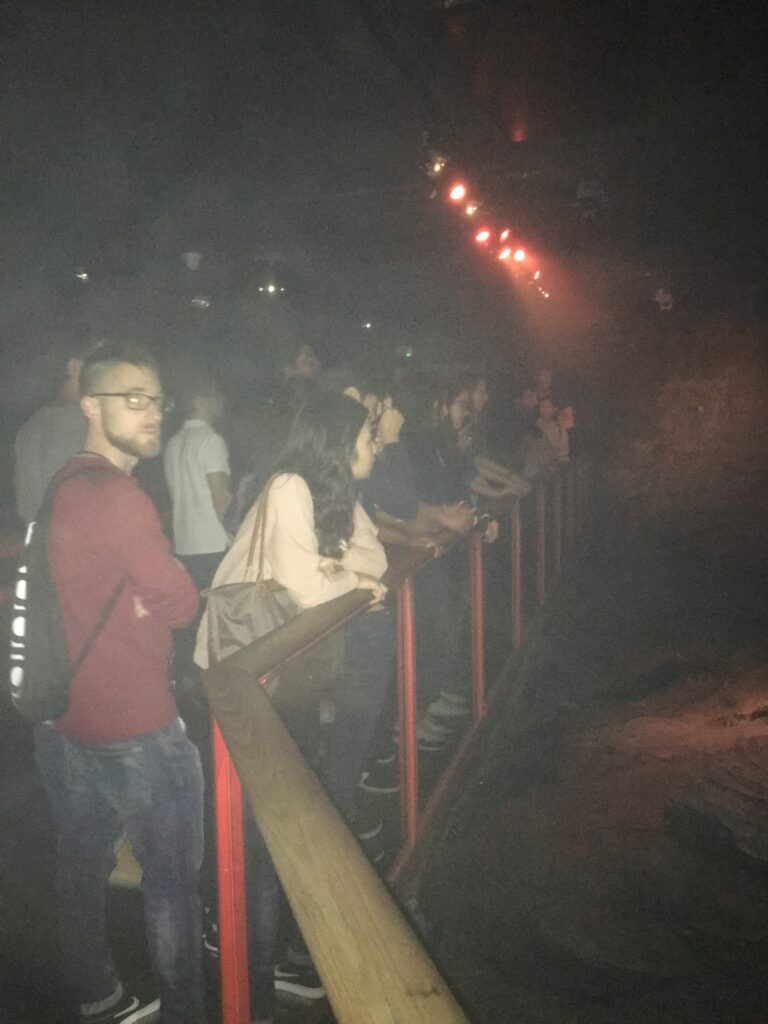
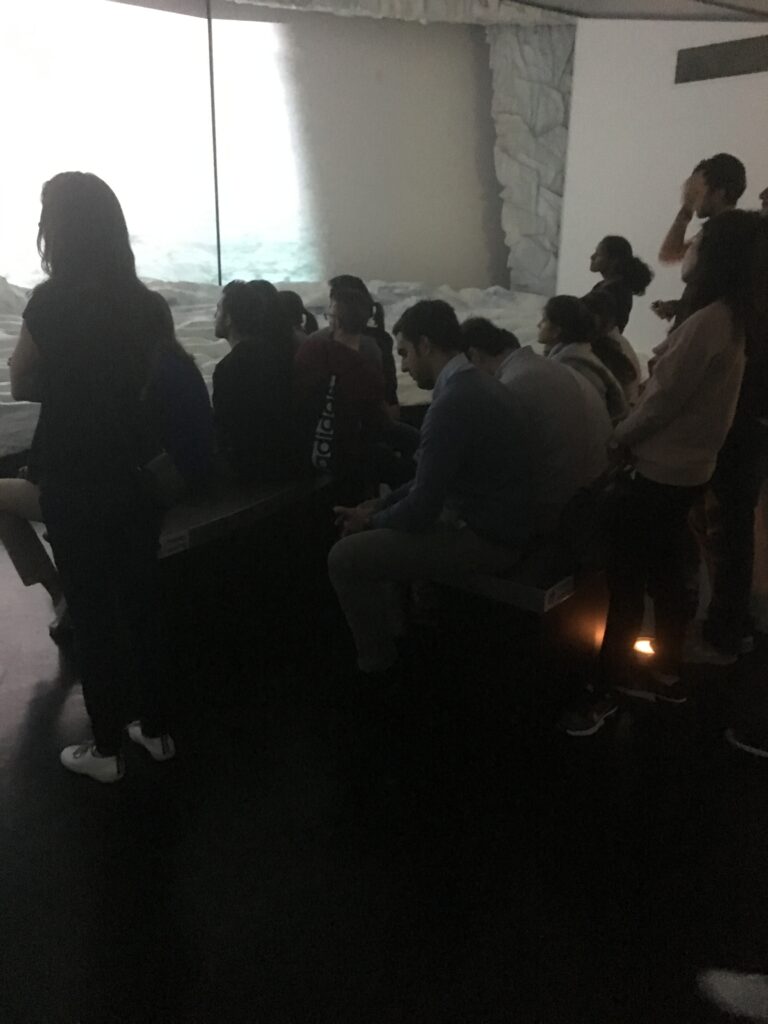
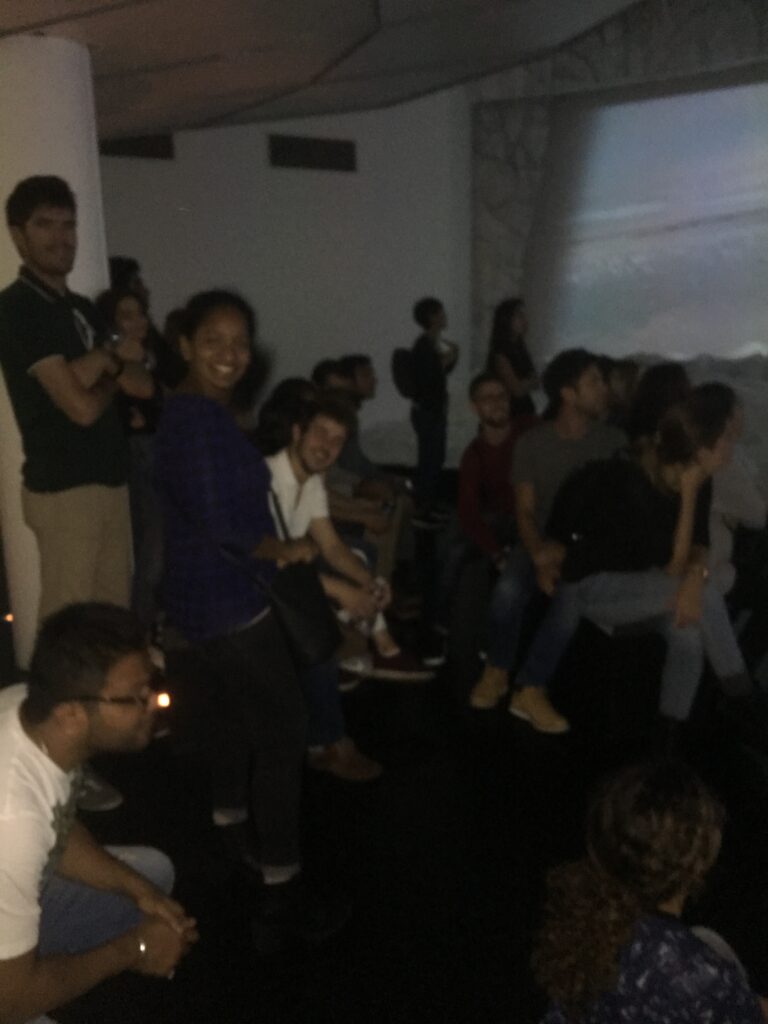
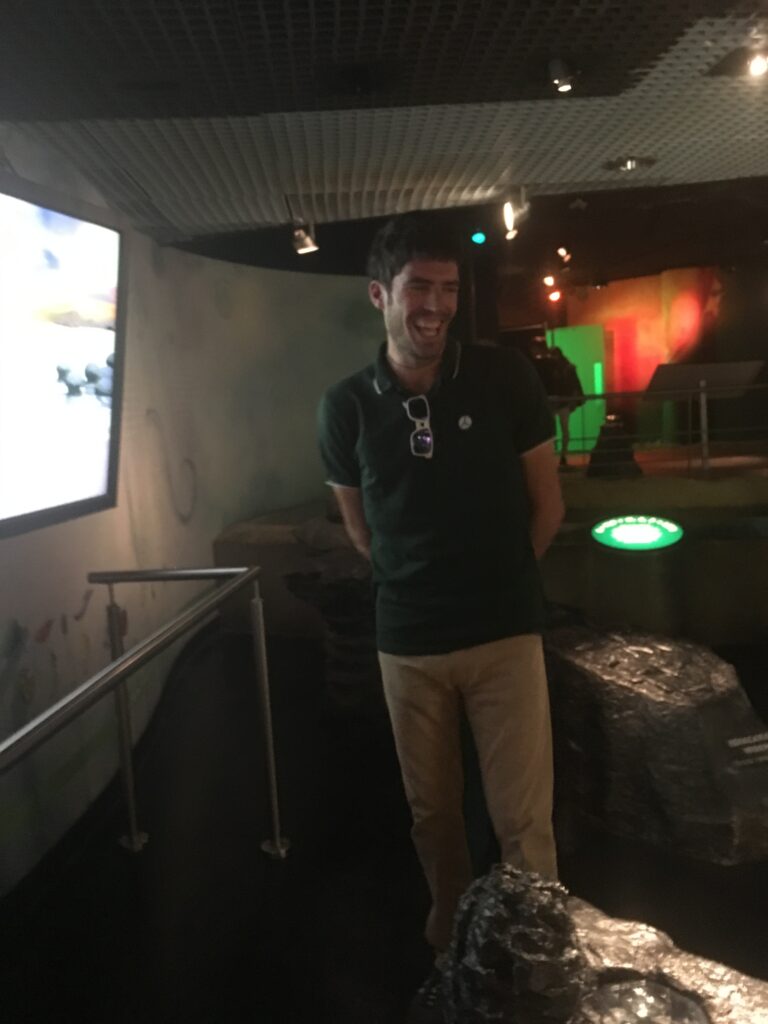
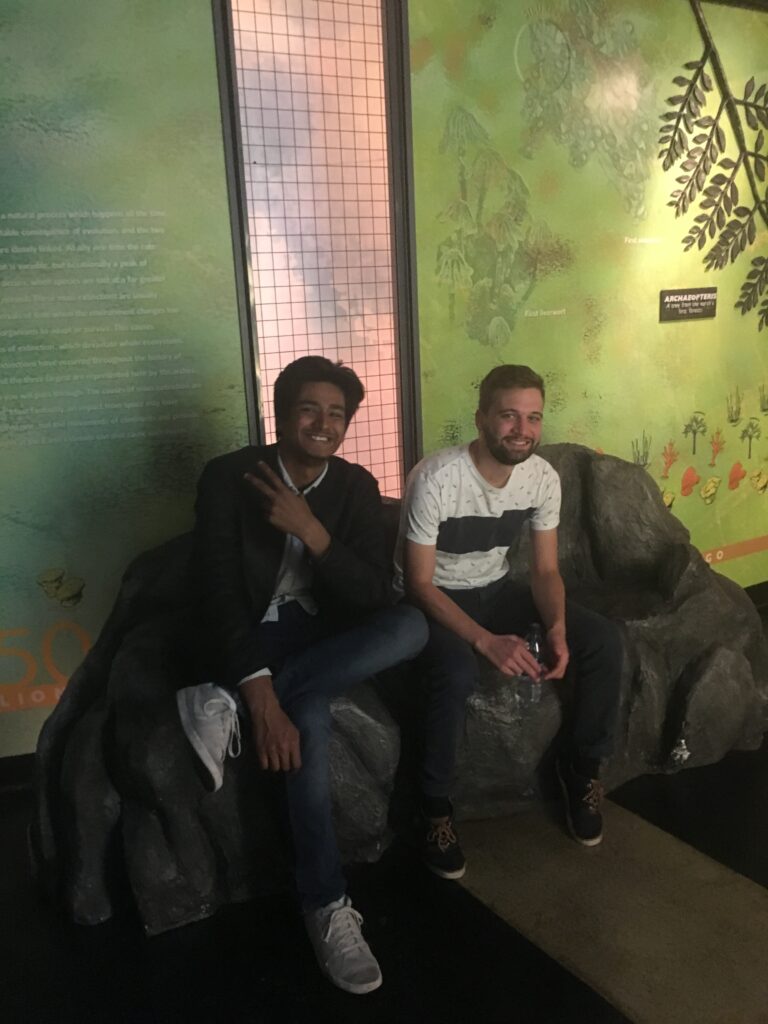
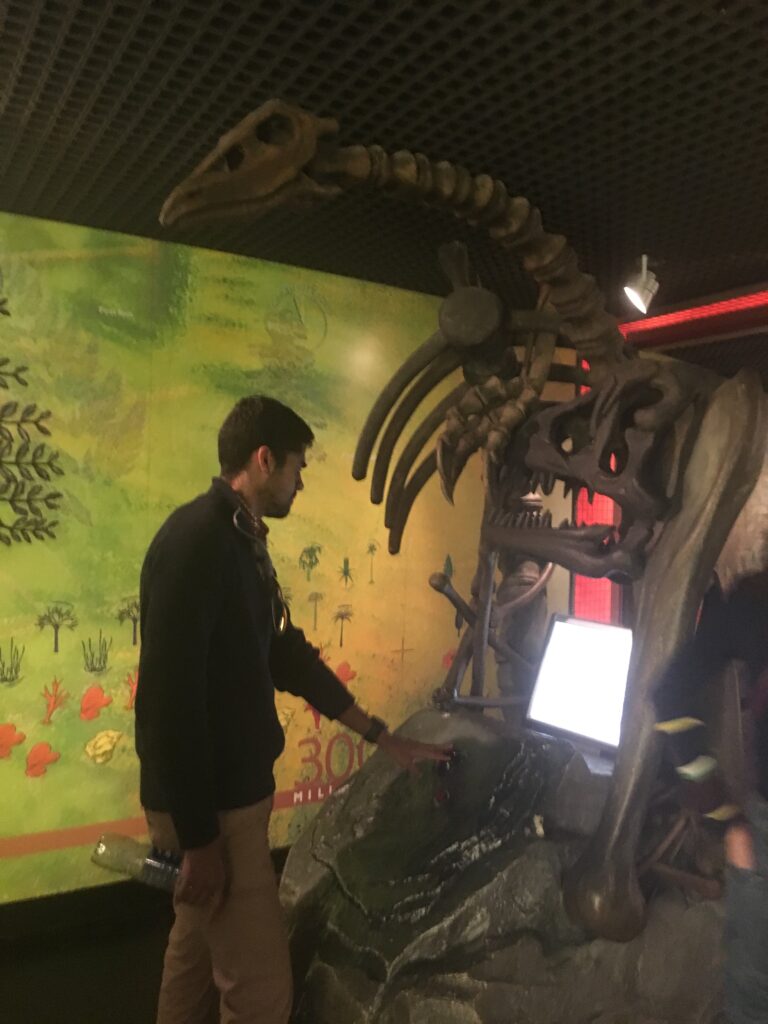

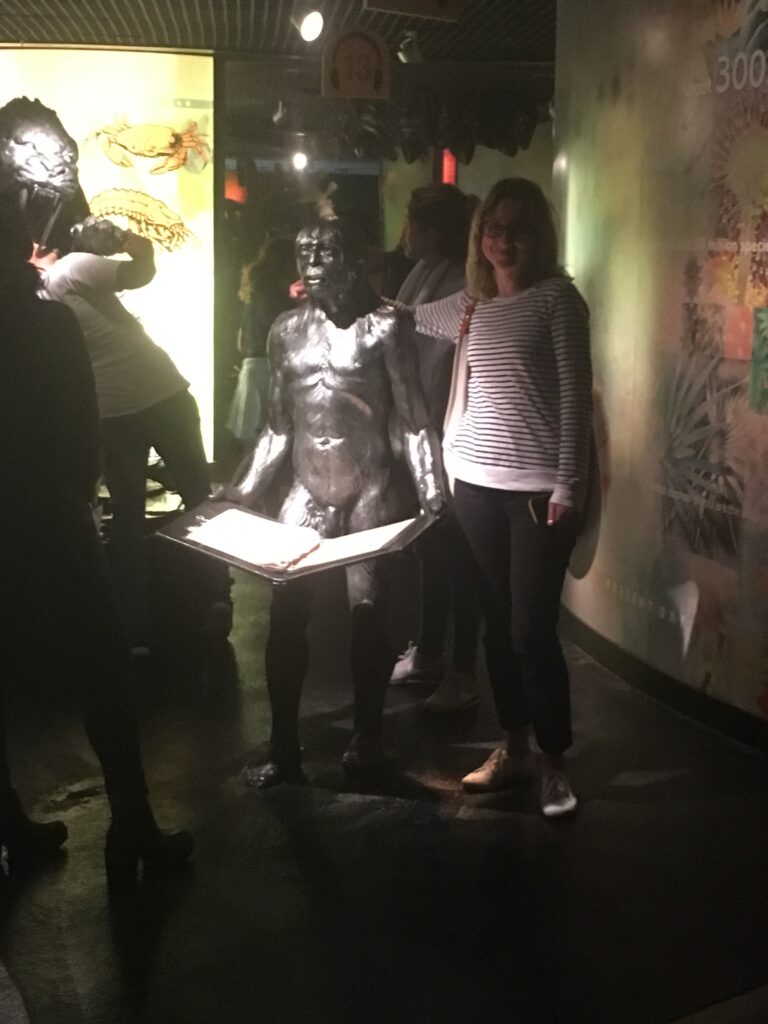
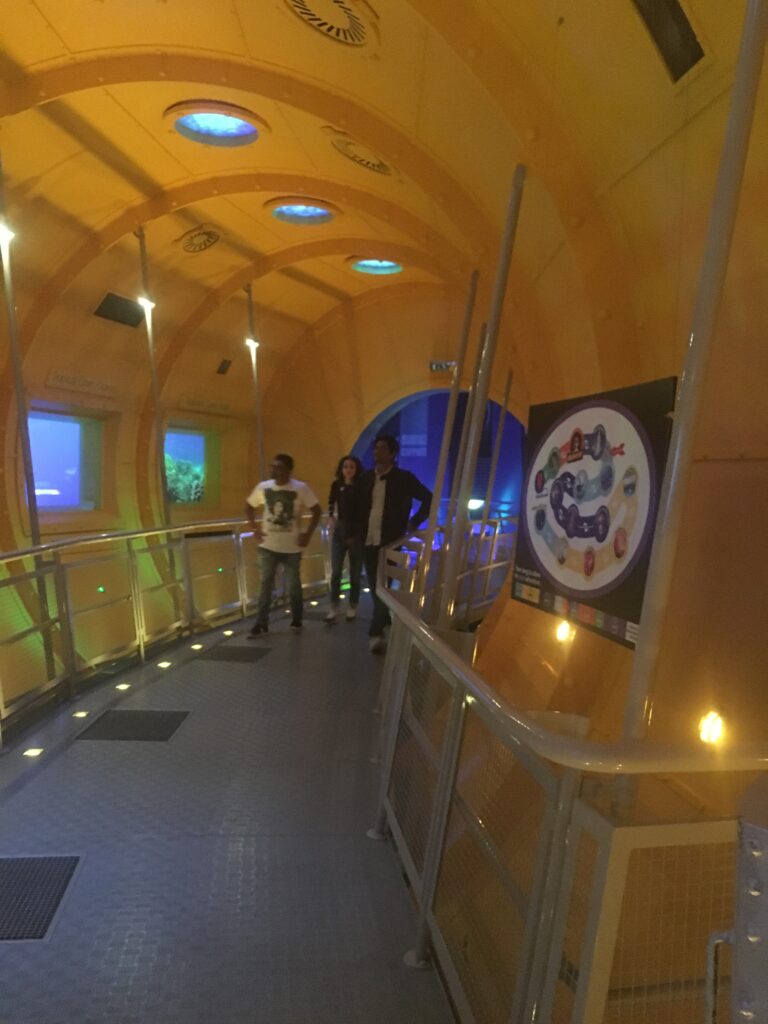

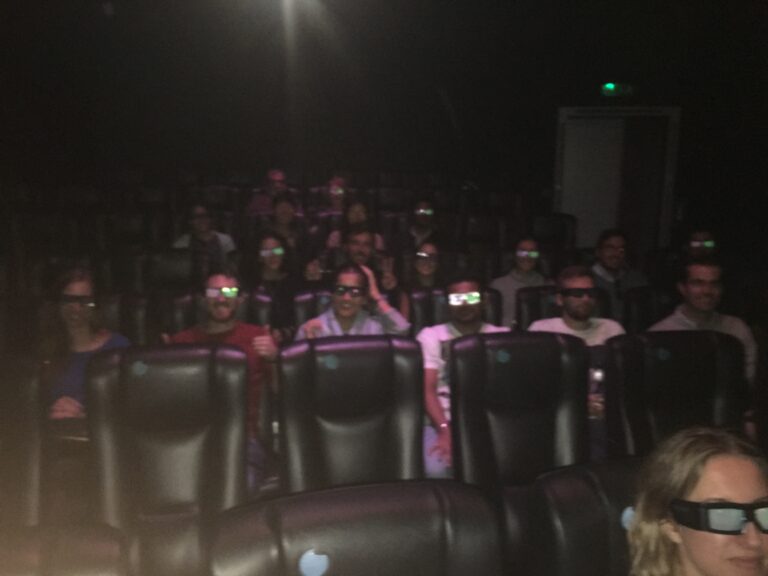
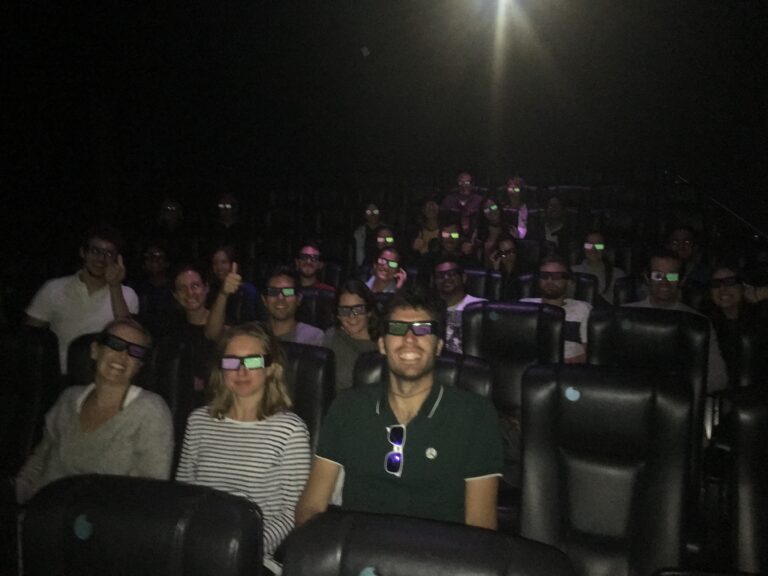


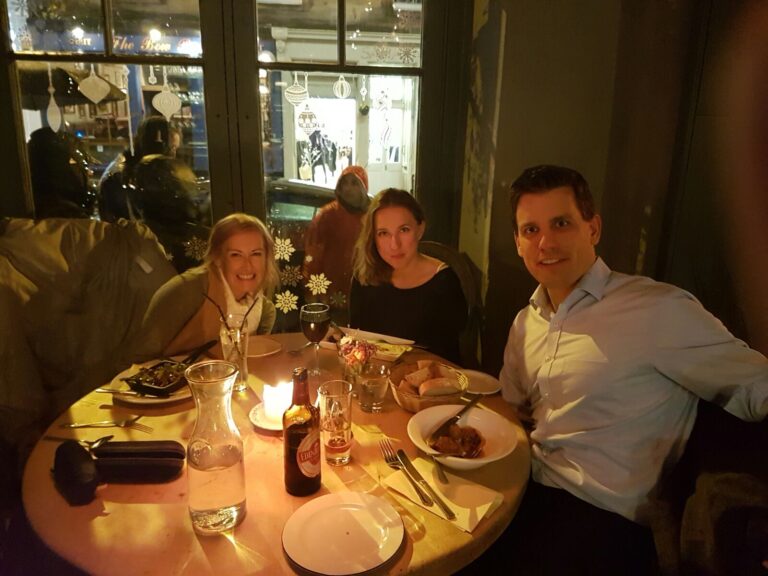
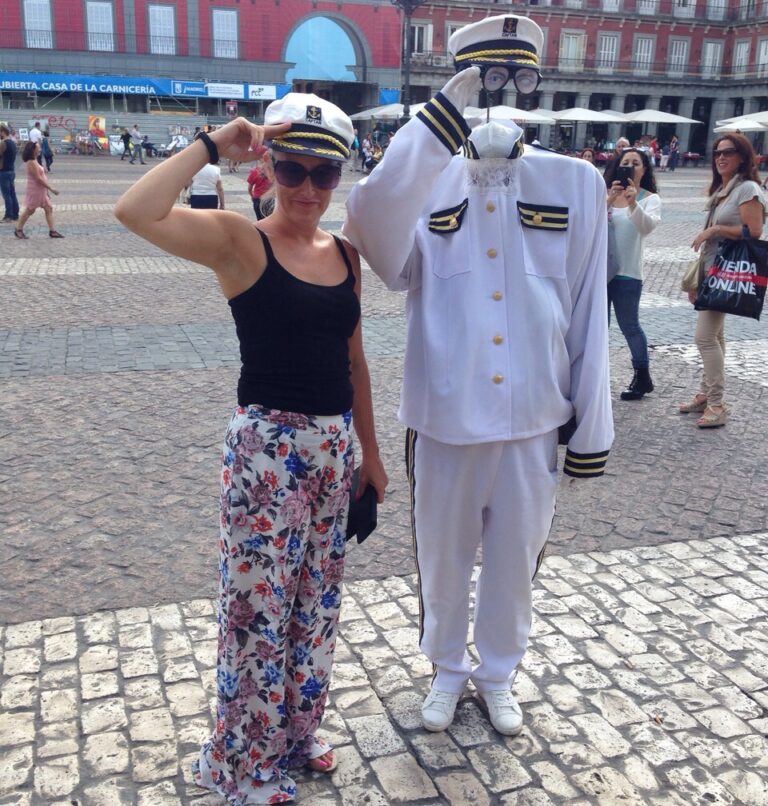

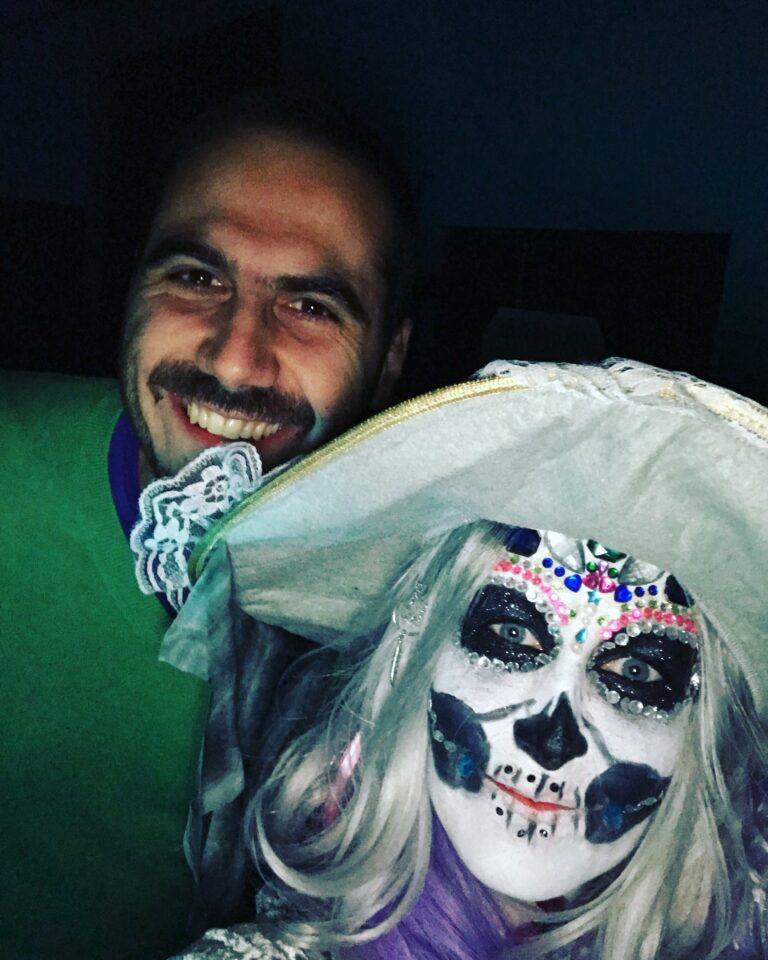
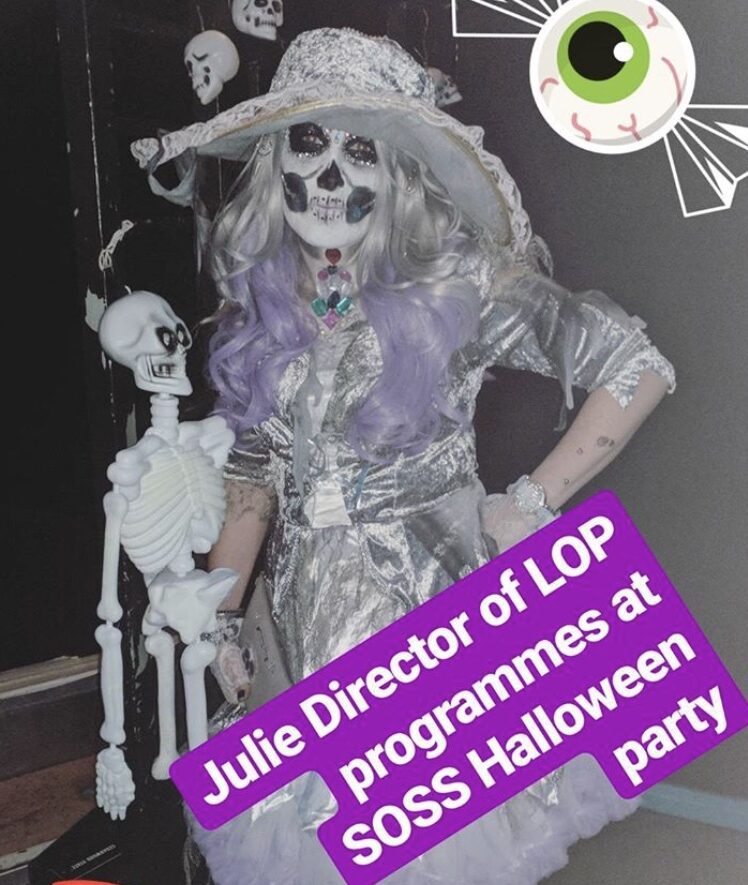
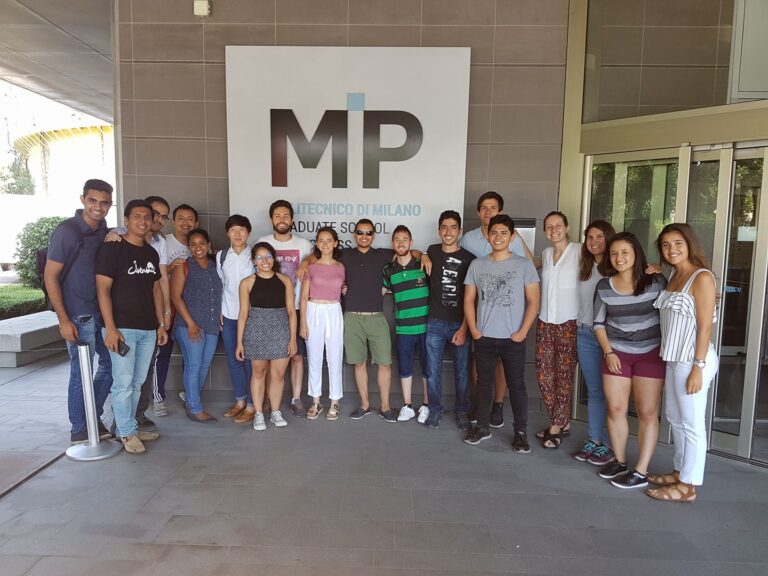
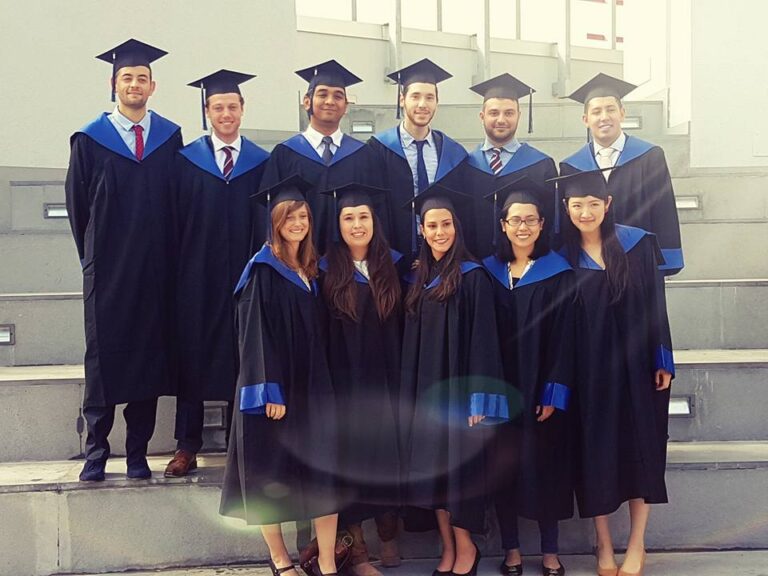

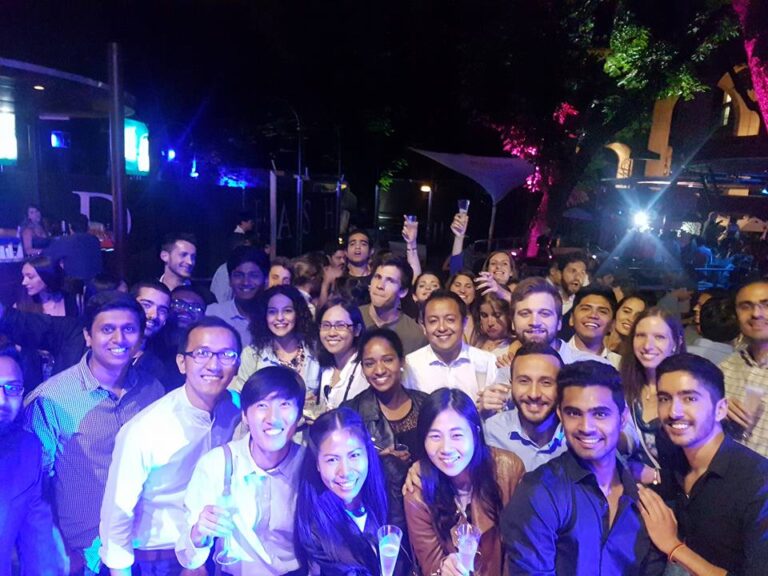
Julie was the program director when I was studying at Heriot-Watt University as part of the 10th IMIM-Edition (International Master in Industrial Management). From the first day, she was a tremendous support for us, international students, with a big curiosity for the University and the country, but also lots of insecurities, typical of moving into a new country. Knowing that she was on our side made the experience even more joyful and enriching. I will never forget the many laughs and the hard work that semester. It was also a real honour for me to have her as my mentor writing my master thesis. Even when we weren't physically in the same place, I had a very good guidance through the process and could always count on her. Thank you, Julie, for all your support, your commitment and your always beautiful energy!

I met Dr Julie McFarlane when doing my Master course at Strategic Project Management, where she was the program director and a coach on business projects development. I must say that apart from a whole toolbox of knowledge and skills that Julie was sharing with a great professionalism, it was a huge pleasure to deal with her as a person. She is a very engaging person with great charisma which is why her ways of coaching are never boring. She always sticks to the point giving valuable information and all support needed during the course.

Julie is a passionate and supportive lecturer who truly cares about her students and their projects. She was very supportive and always happy to answer any questions. Her course, entrepreneurship, theory and practice, was an interesting and practical course which encouraged creativity and innovation throughout.
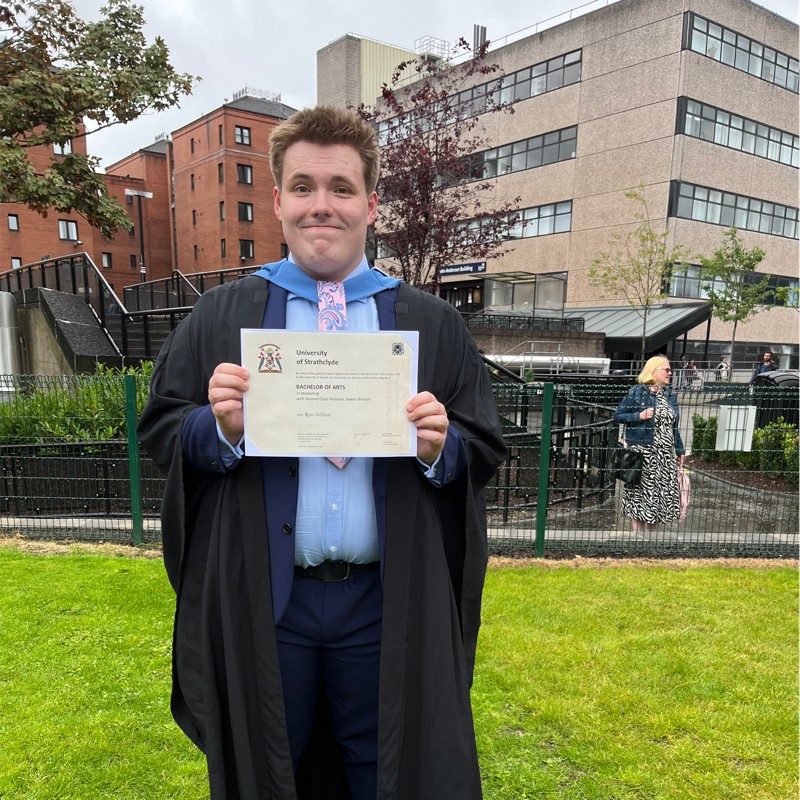
Kyle Andrews tutored me in Business Strategy and due to his astute teaching skills, managed to get a complete novice a respectable high B pass in 3rd year Business & Management degree course at Heriot-Watt University. Kyle has the unique talent of paying attention to people on an individual basis, and tailoring his teaching methods to that particular person. His people kills are of the highest quality and I am quite sure that whichever path Kyle chooses to take, he will enrich those around him. I wish him the best of luck and hope that I might cross his path again one day in the future.

Dr Julie McFarlane was an expert lecturer, educator, director of learning, and inspiration during her time at the University of Strathclyde. As one of her students, it was always a pleasure to attend her classes. The lectures, lessons, and delivery of information was always very informative and resourceful. Within that time, I truly realised the rarity of meeting someone as professional, knowledgeable, and passionate about their work and involvement in academia and enterprise. I particularly recall Dr McFarlane’s acknowledgment of reflecting the reality of corporate affairs, society, and modern entrepreneurship in her work. For me, and many other students, this helped to establish the reality and importance of turning academia into practical, ‘real-life’ application. This inspired confidence and trust, to know that I would be able to apply this wealth of knowledge, and experience to any professional or personal situation.

I had Julie for first year Enterprise at University. It was clear she was passionate about the course and ensured everyone understood the task given. She was extremely kind during the year and offered incentives from her own pocket. Julie ensured we were getting along with our groups and resolved issues right away. She was a lovely lecturer and It was a great experience creating a business in her class.

I had the pleasure of meeting Julie in my first year at Strathclyde as she was the lecturer for one of my classes. A major thing that stood out to me was her dedication to making classes as engaging and enjoyable as possible. It truly made a huge difference, and gave me an opportunity to interact with and meet countless students. Thanks to Julie’s hard work, every student was able to work their hardest and look forward to each class, and always be able to say, “I learned something new today!” This is why, I would wholeheartedly recommend either working with or being taught by Julie, as she is not only a great teacher but a lovely, motivated and a refreshing person to be around!
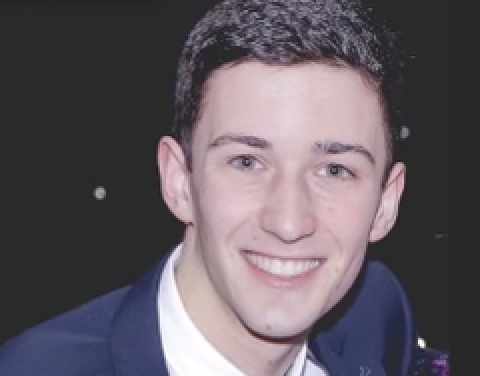
Throughout the writing of this dissertation, the support received from the supervisor for the topic, Dr J McFarlane, has been hugely significant in providing guidance when attempting to write the components of the research study. In particular, the assistance provided when discussing how to proficiently write the review of literature was invaluable, as without this, managing to complete this aspect of the study in a competent manner would have been challenging. Support in all aspects of the topic, such as helping structure the dissertation effectively and responding to queries in quick manner, couldn’t be more appreciated, as this helped alleviate concerns

Julie is a very kind and friendly individual. The lectures we had from her were very engaging, well-structured, easy to understand and highly enjoyable. She is very approachable and provided lots of help and support when needed. I would highly recommend Julie as a educator.




